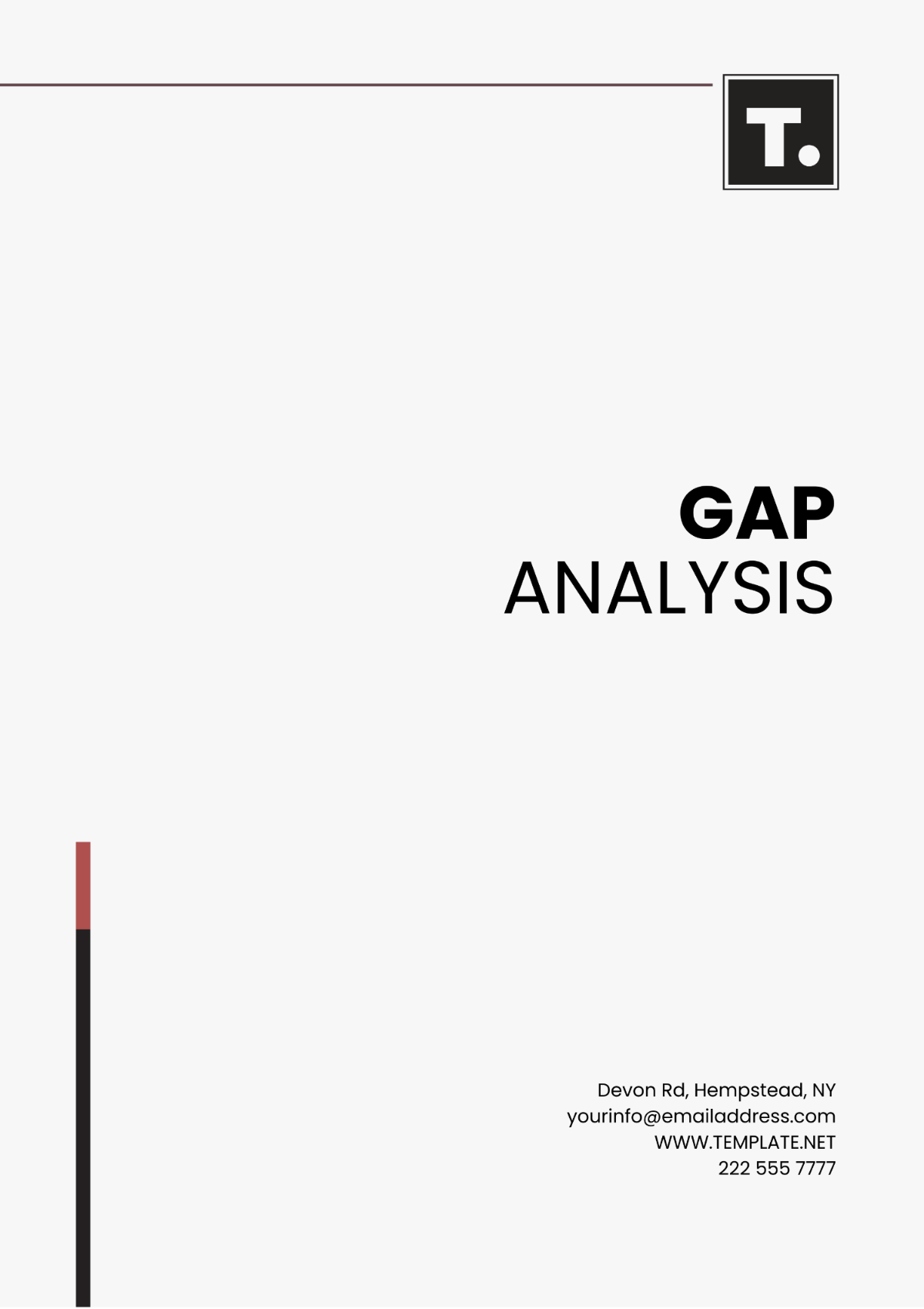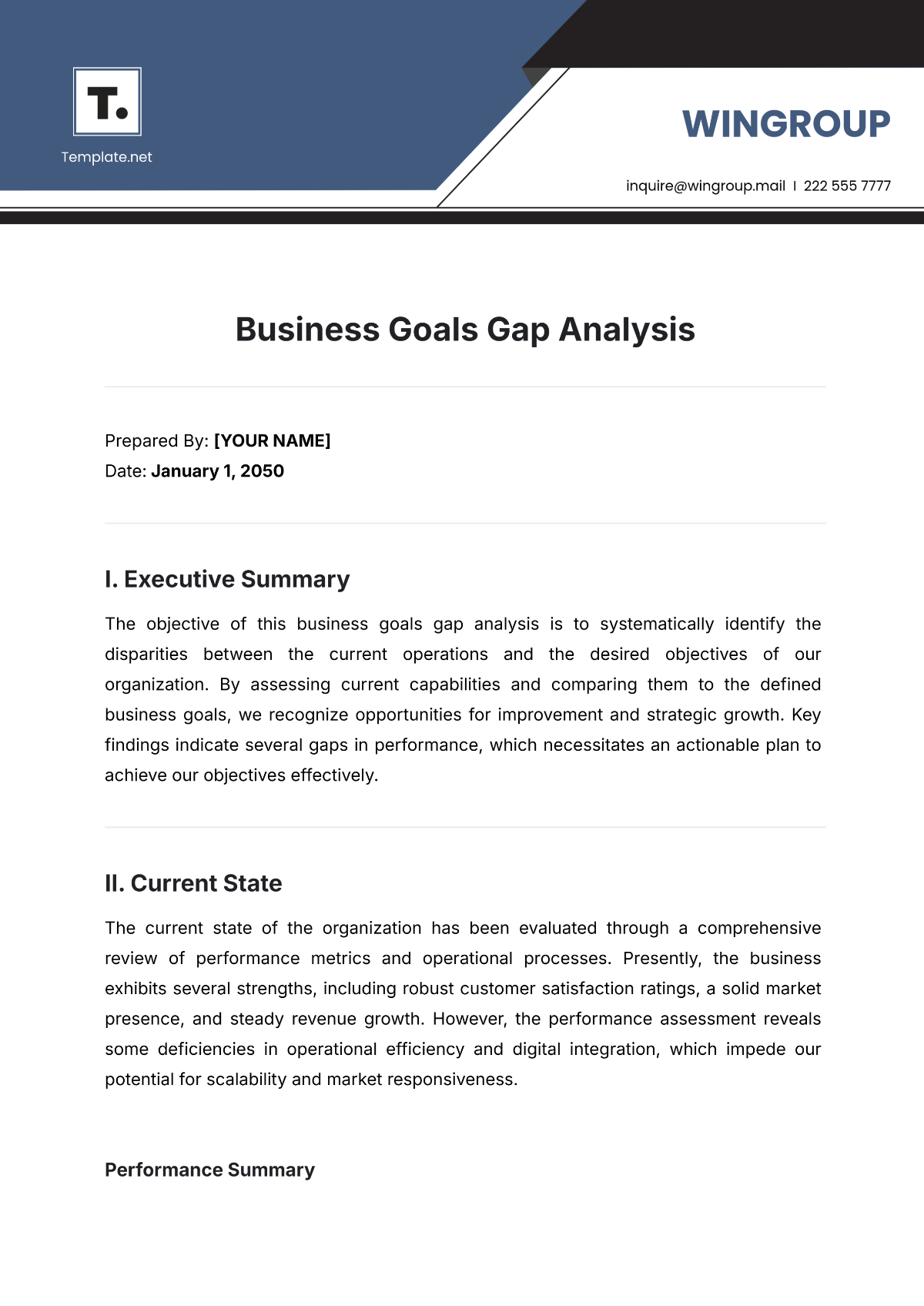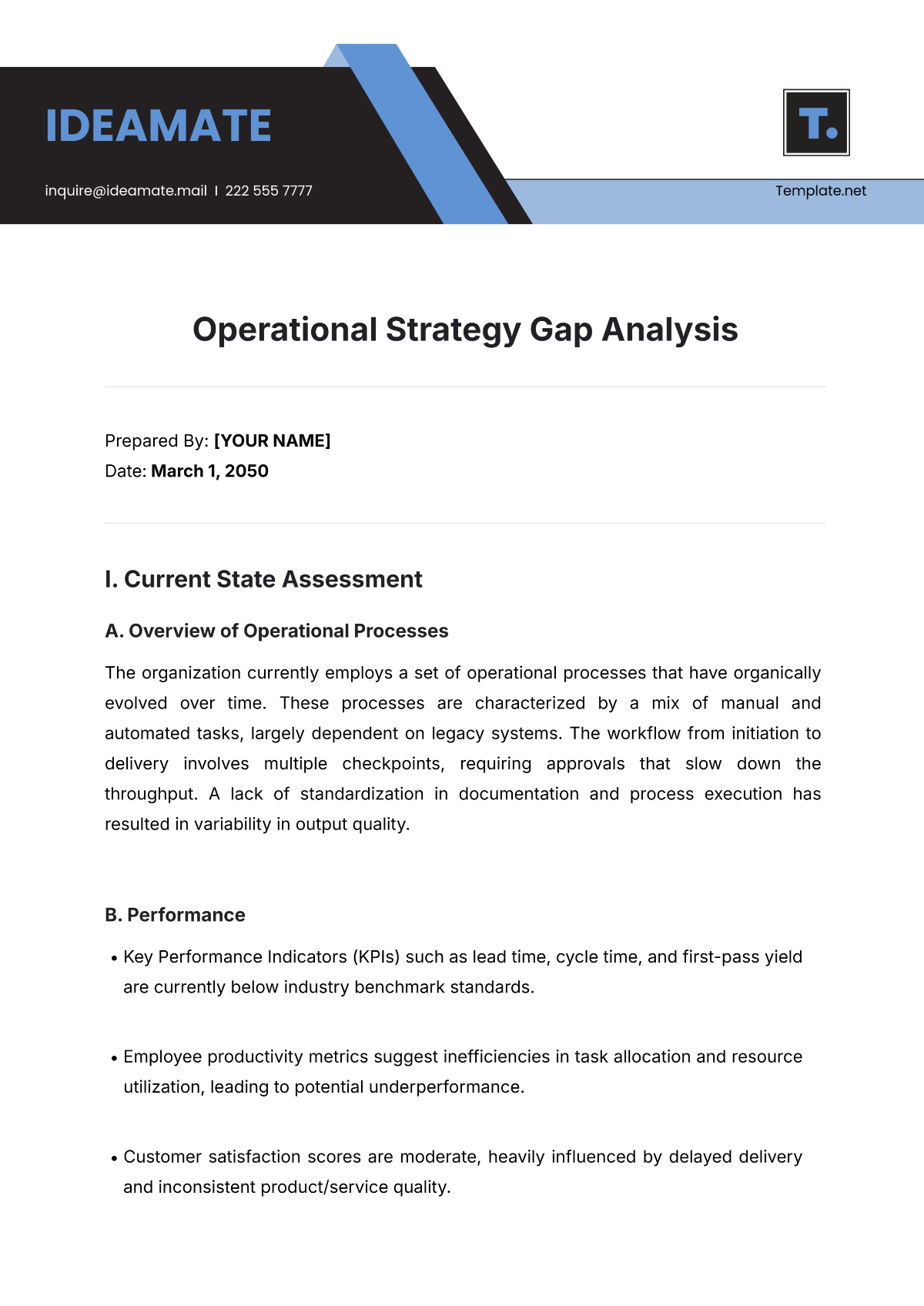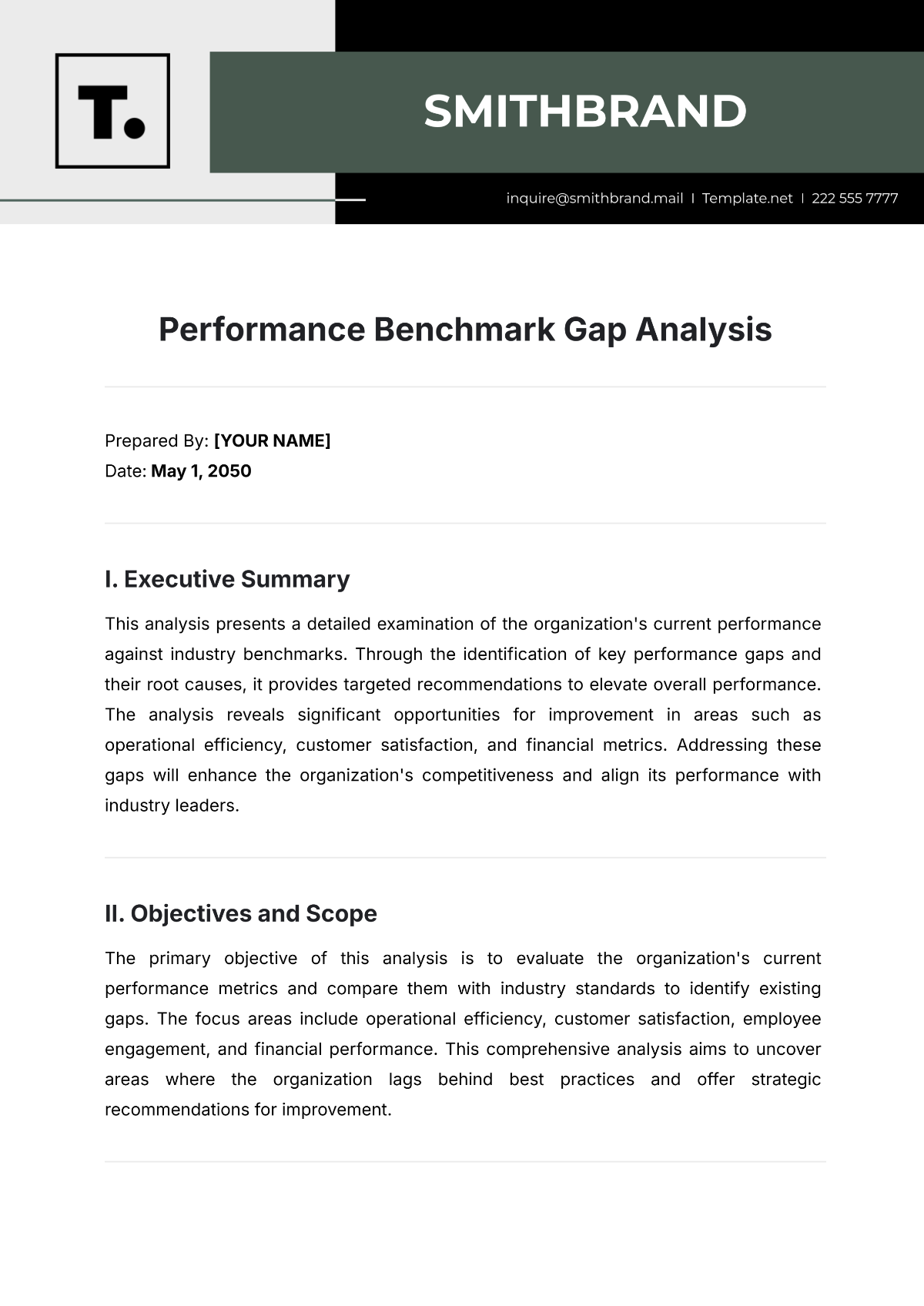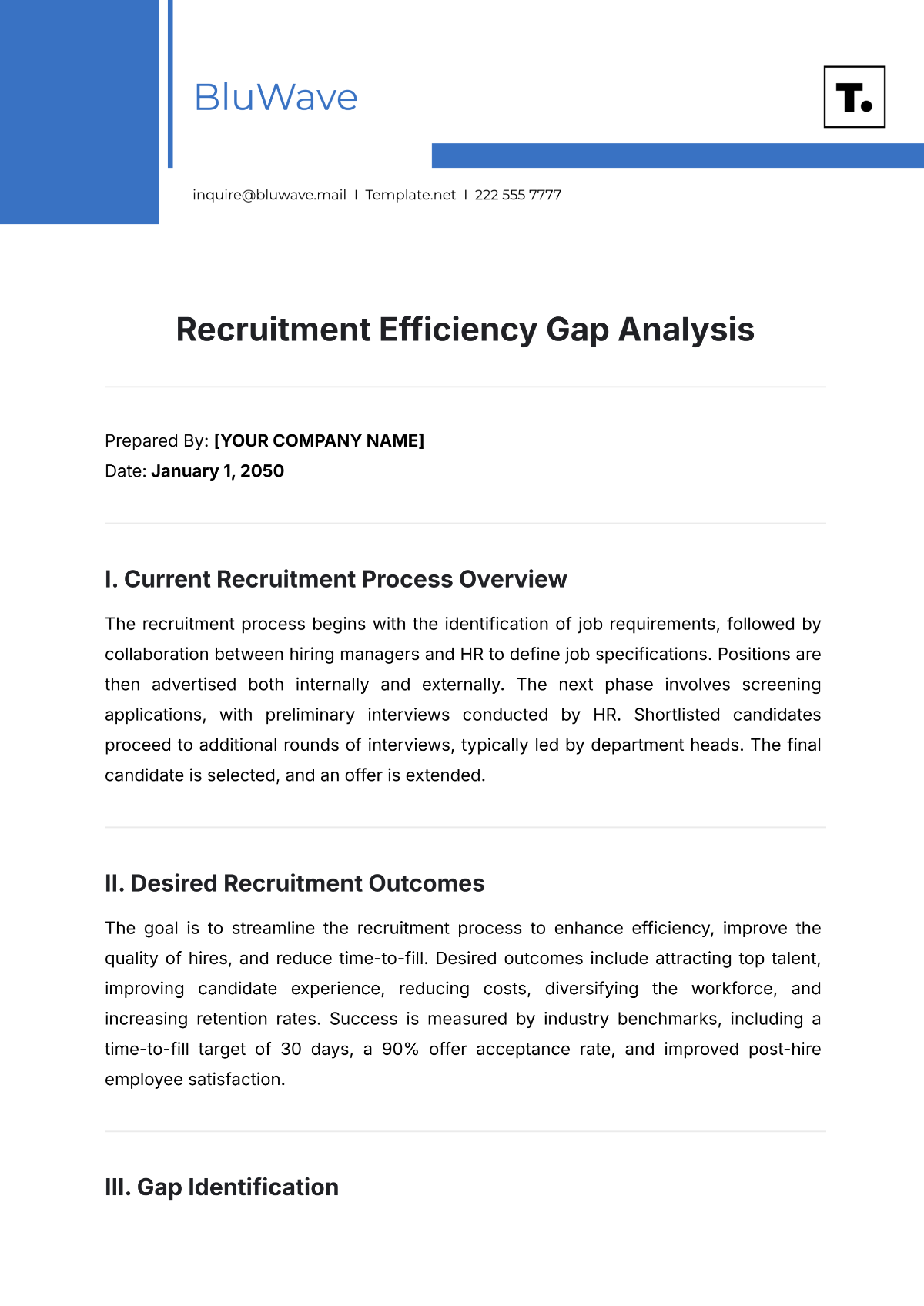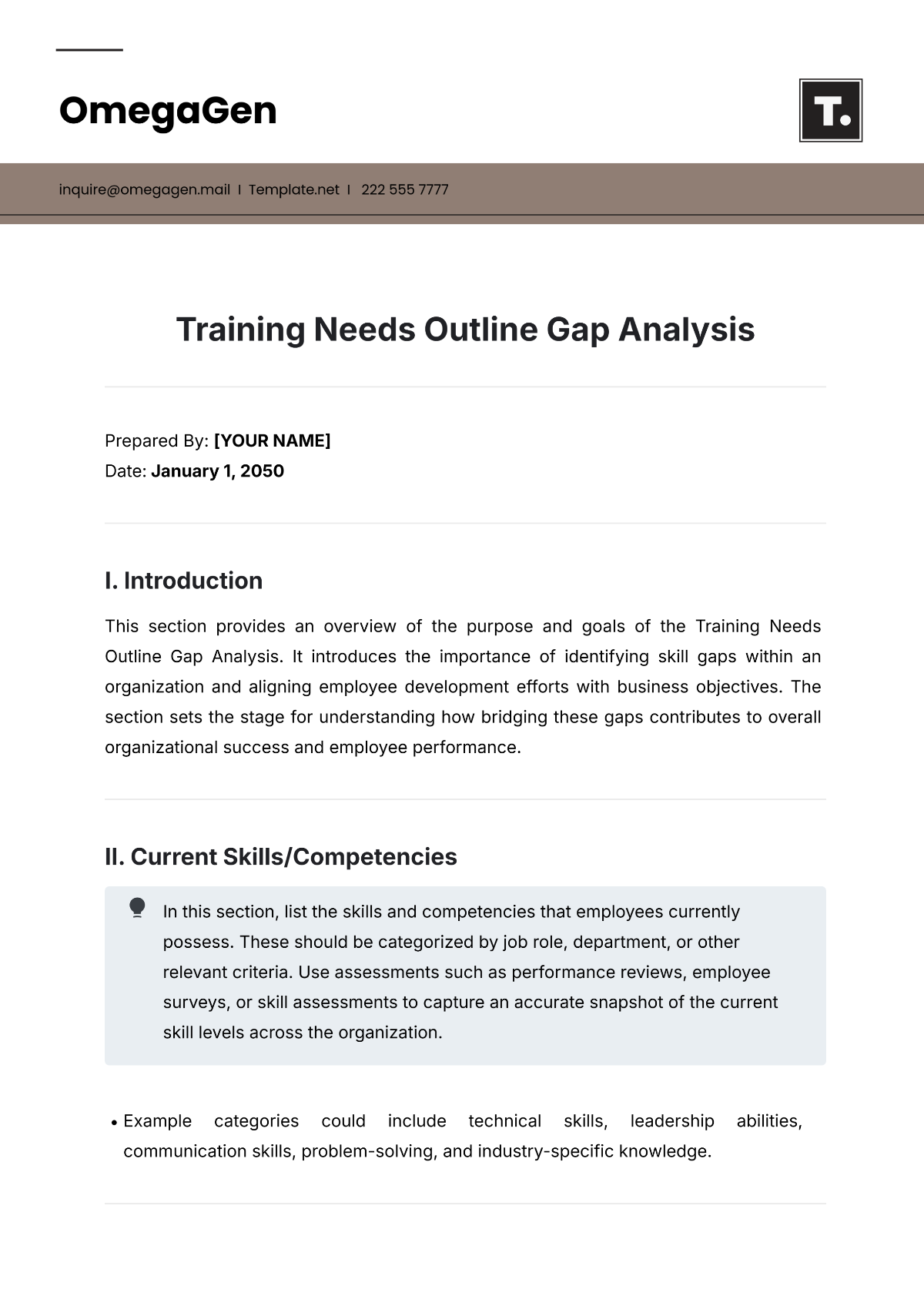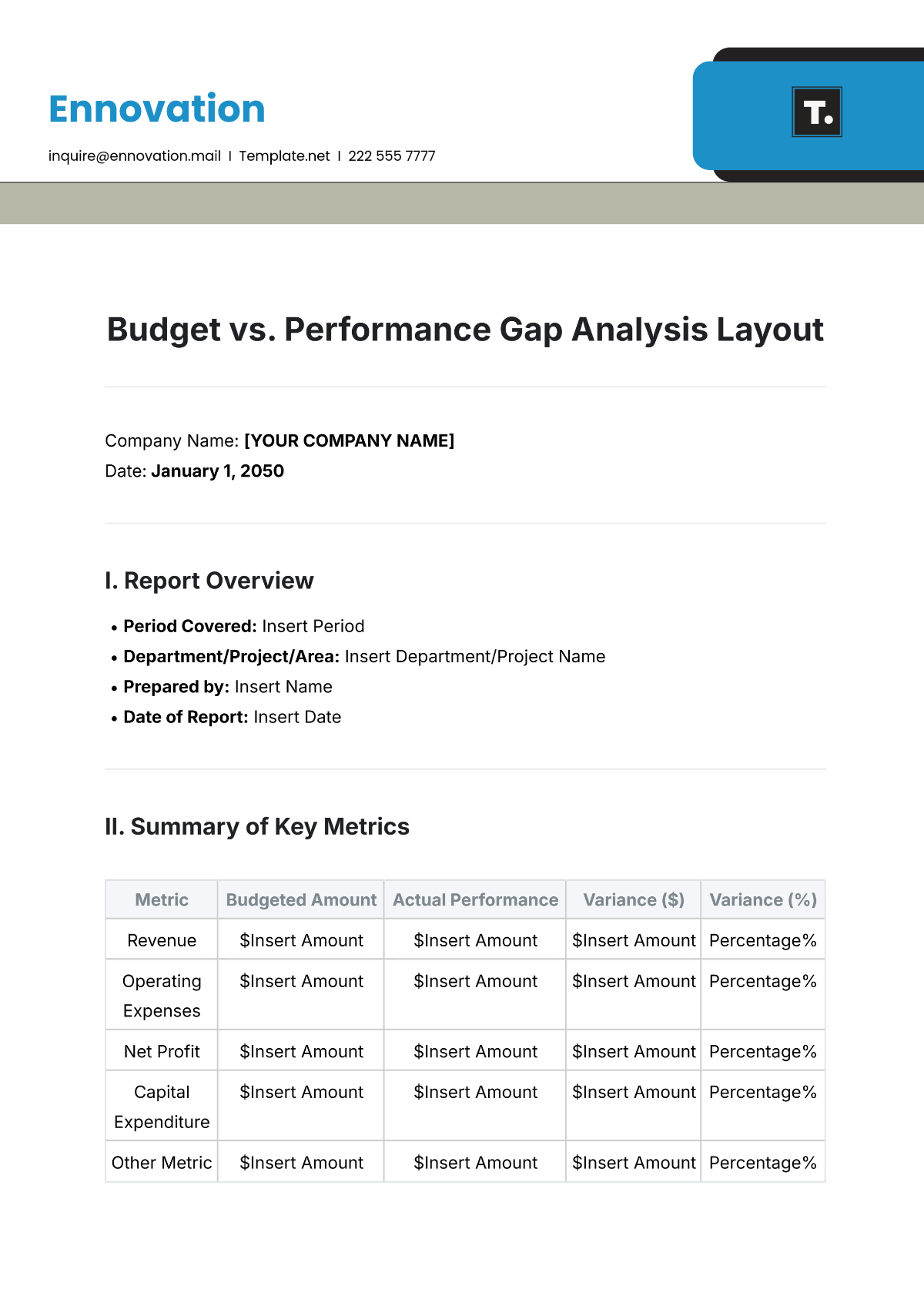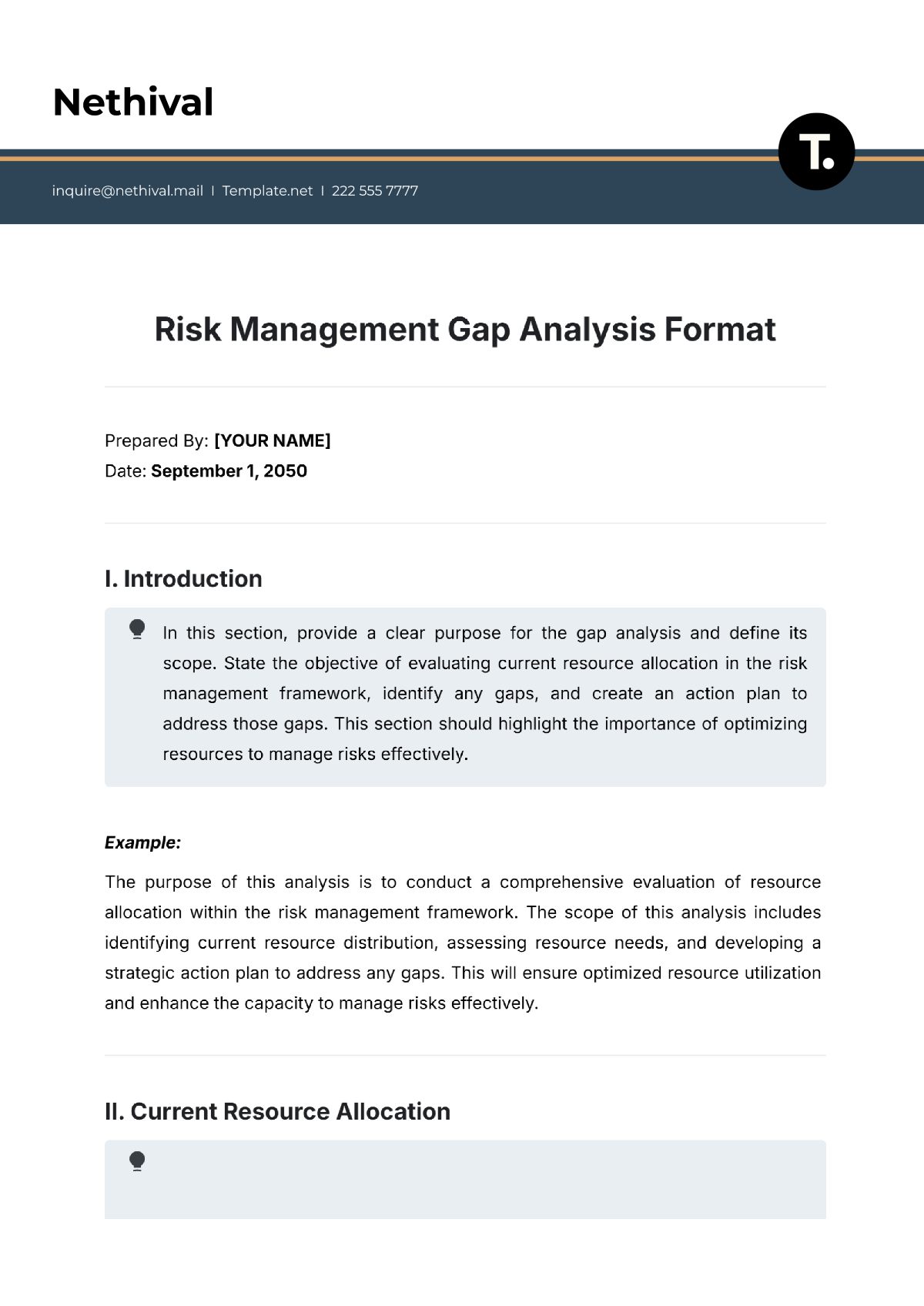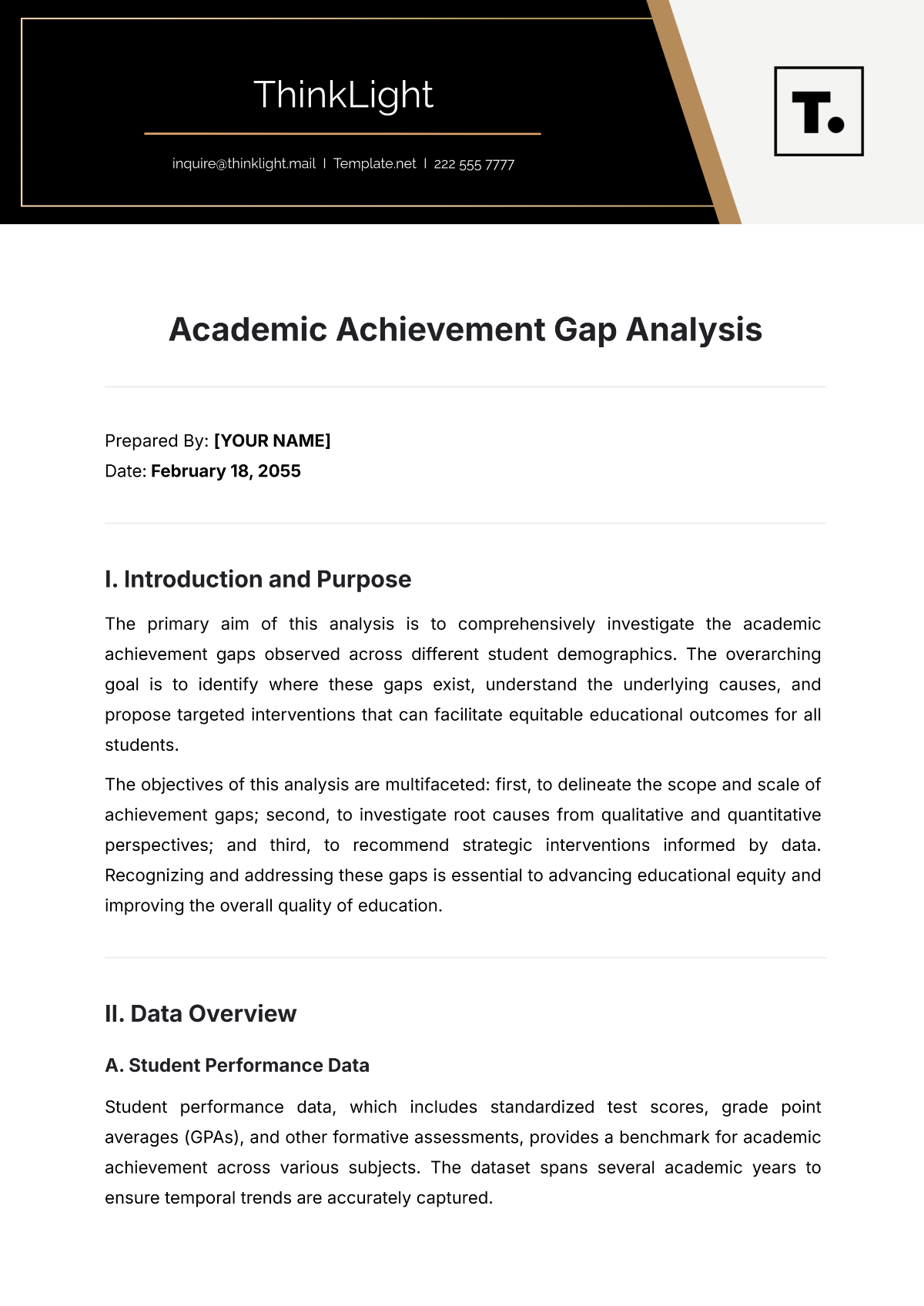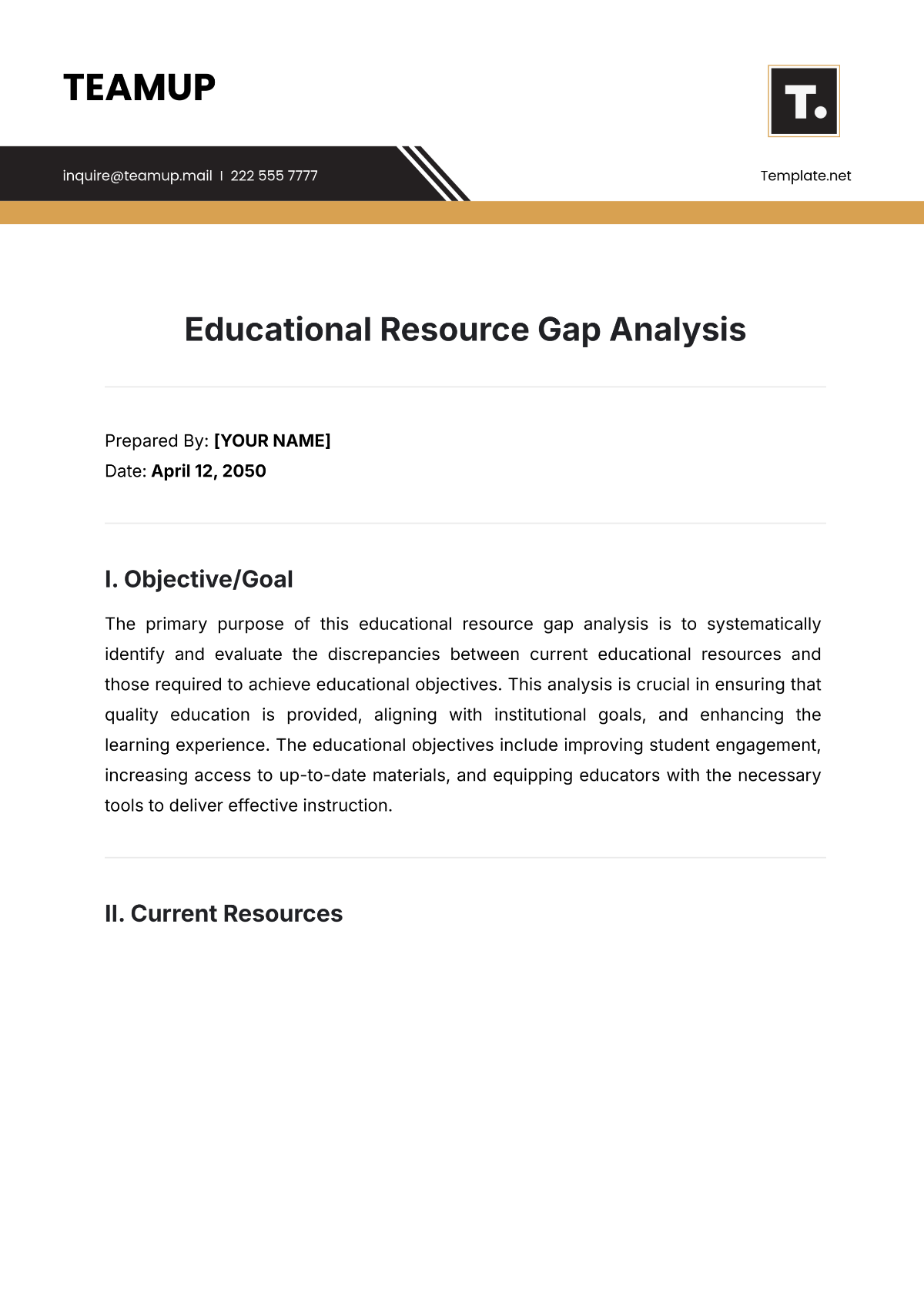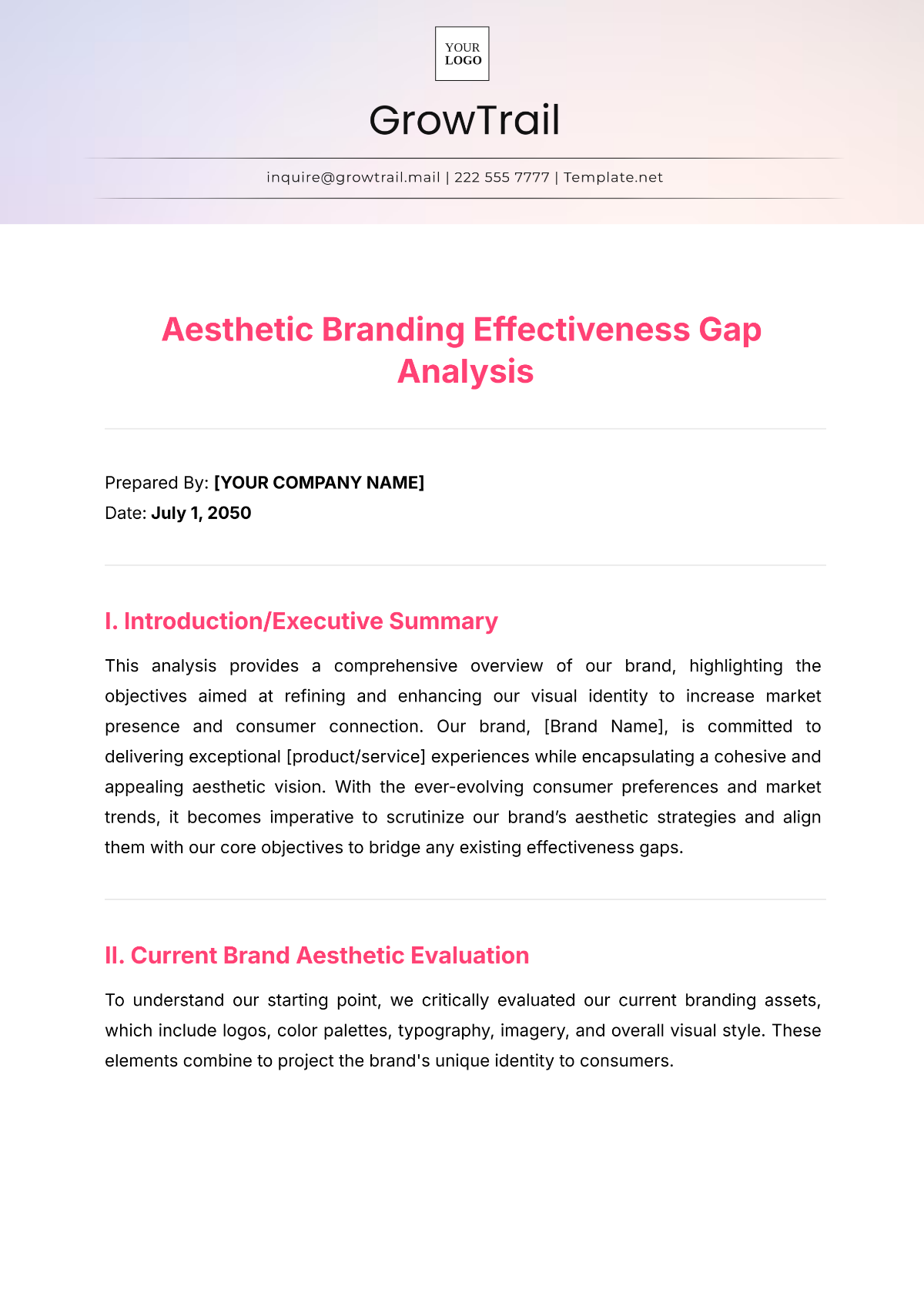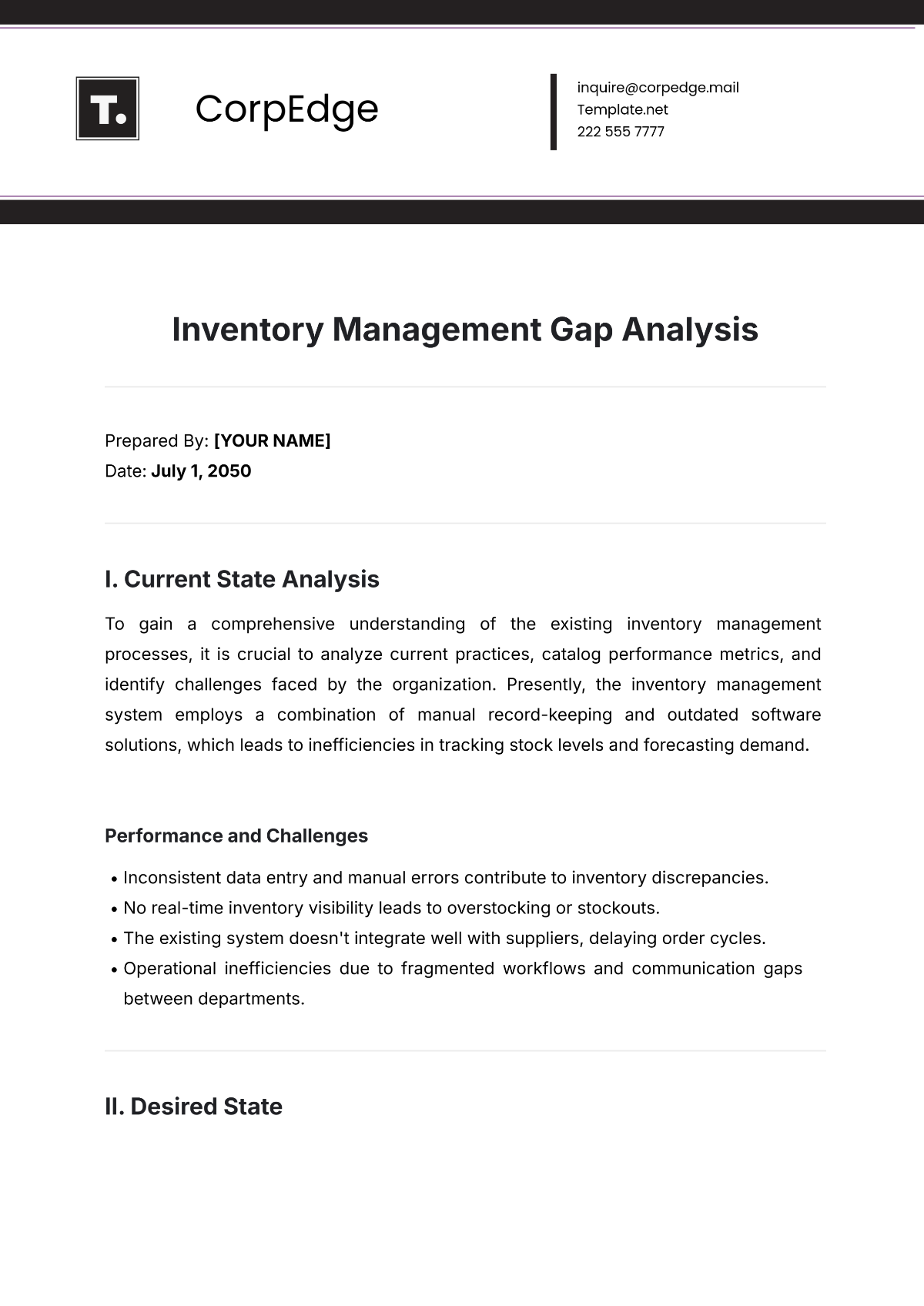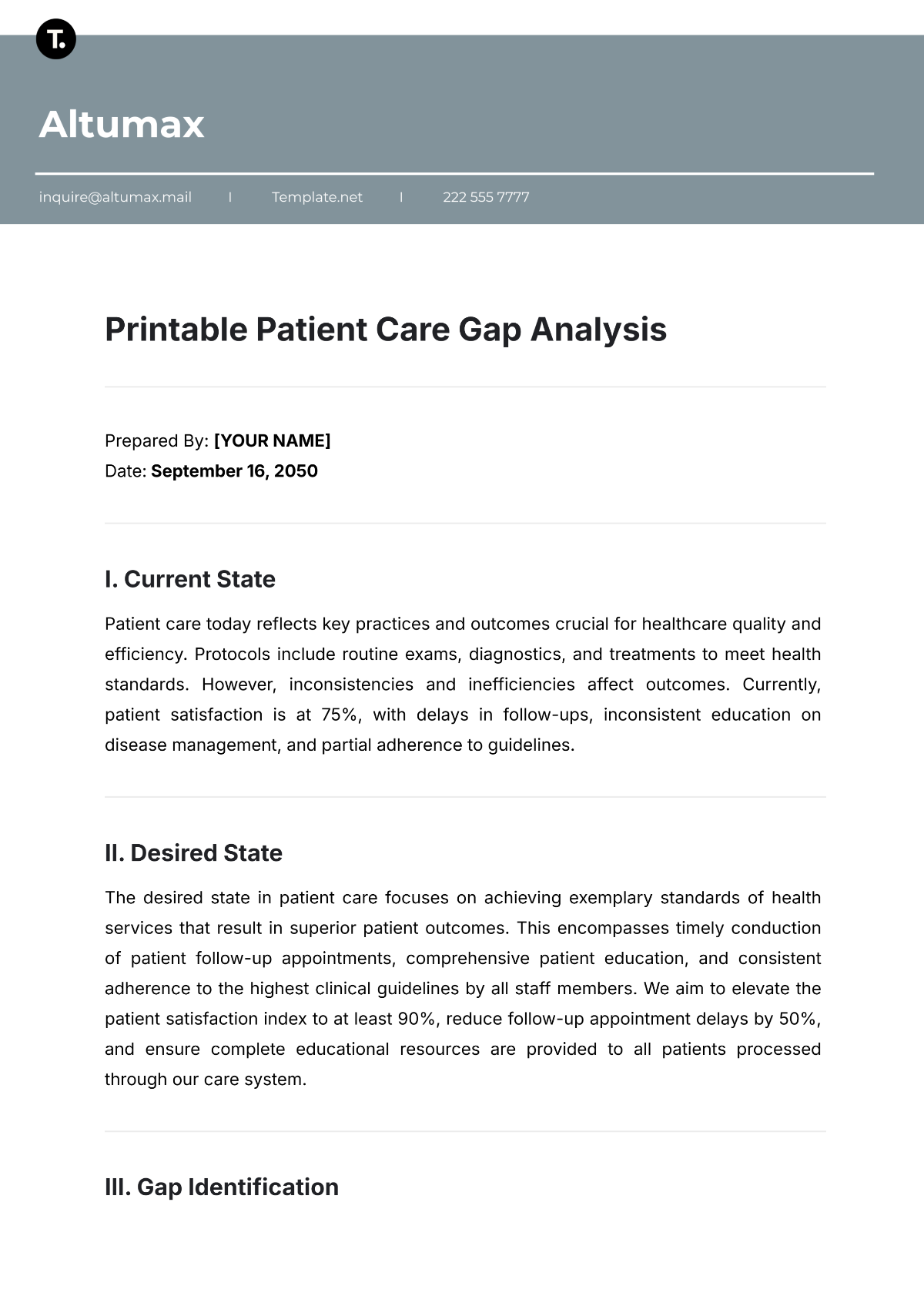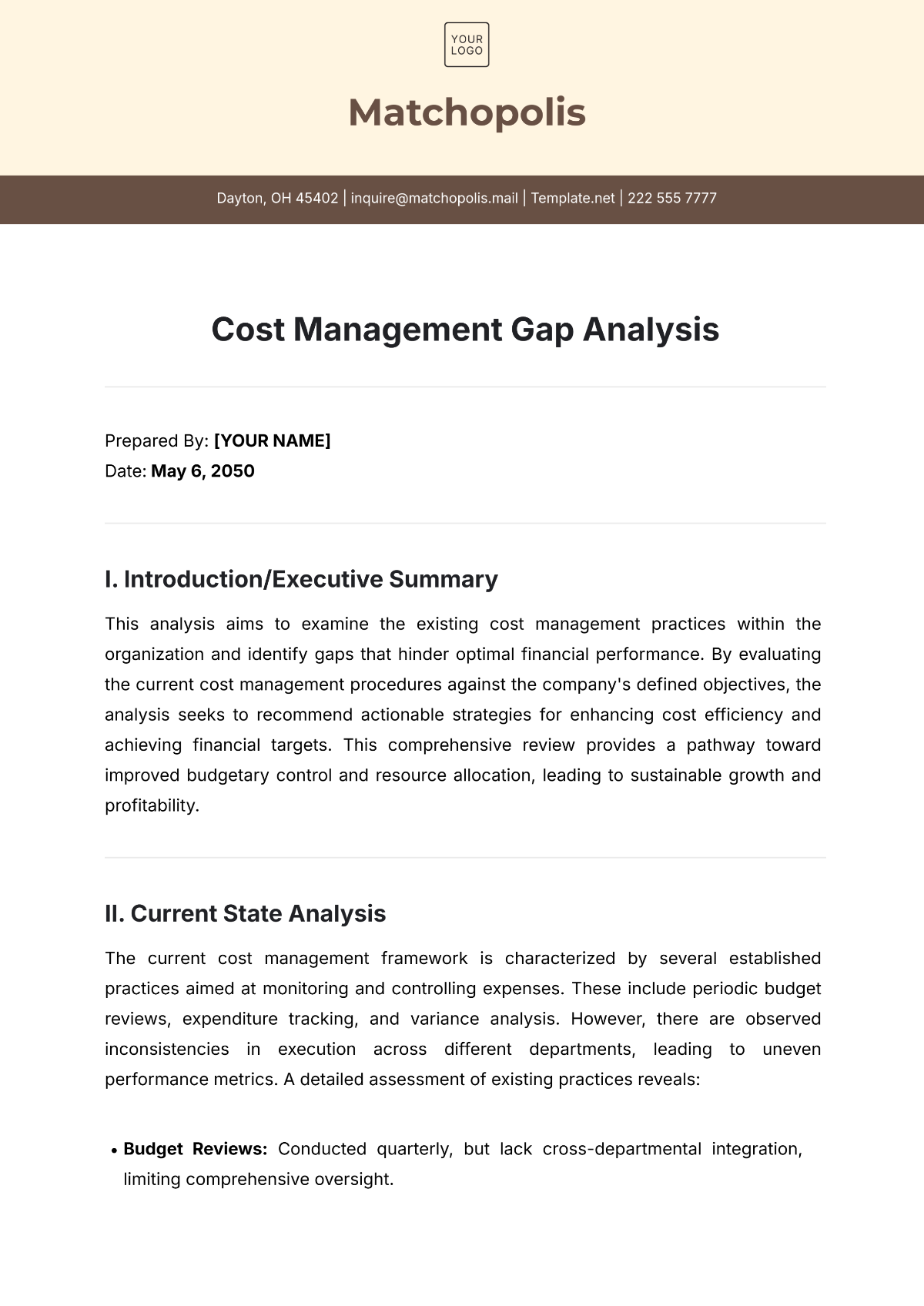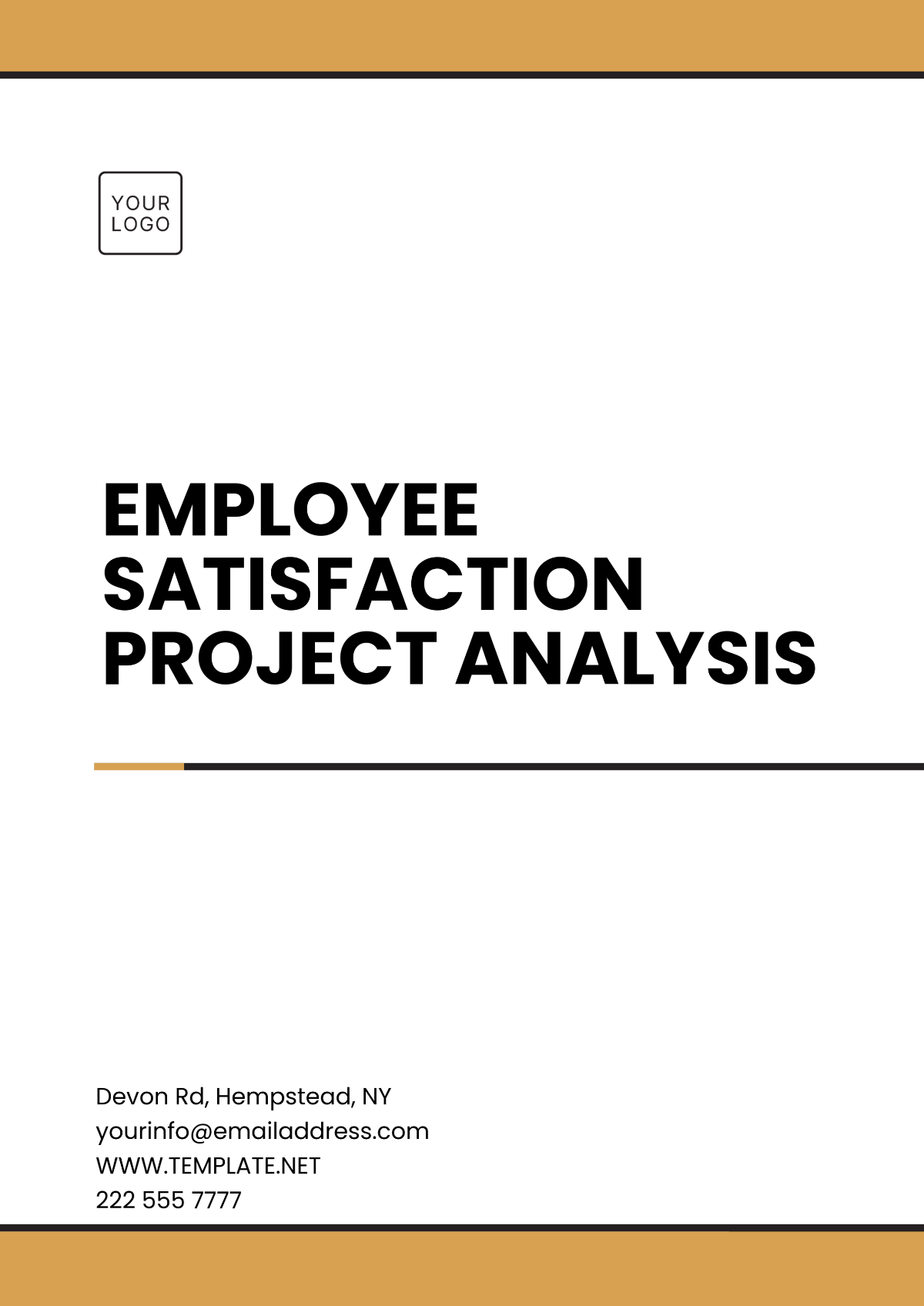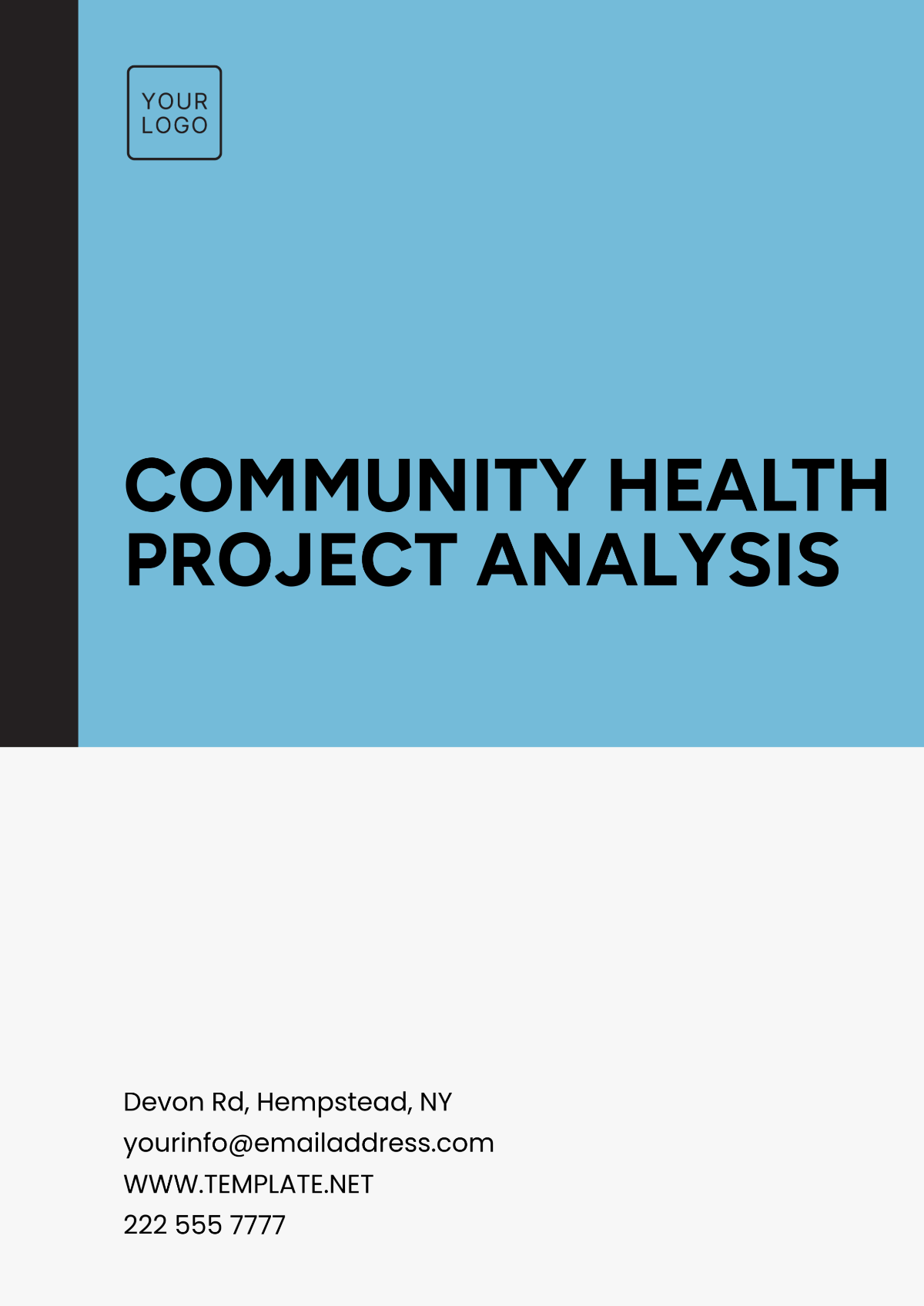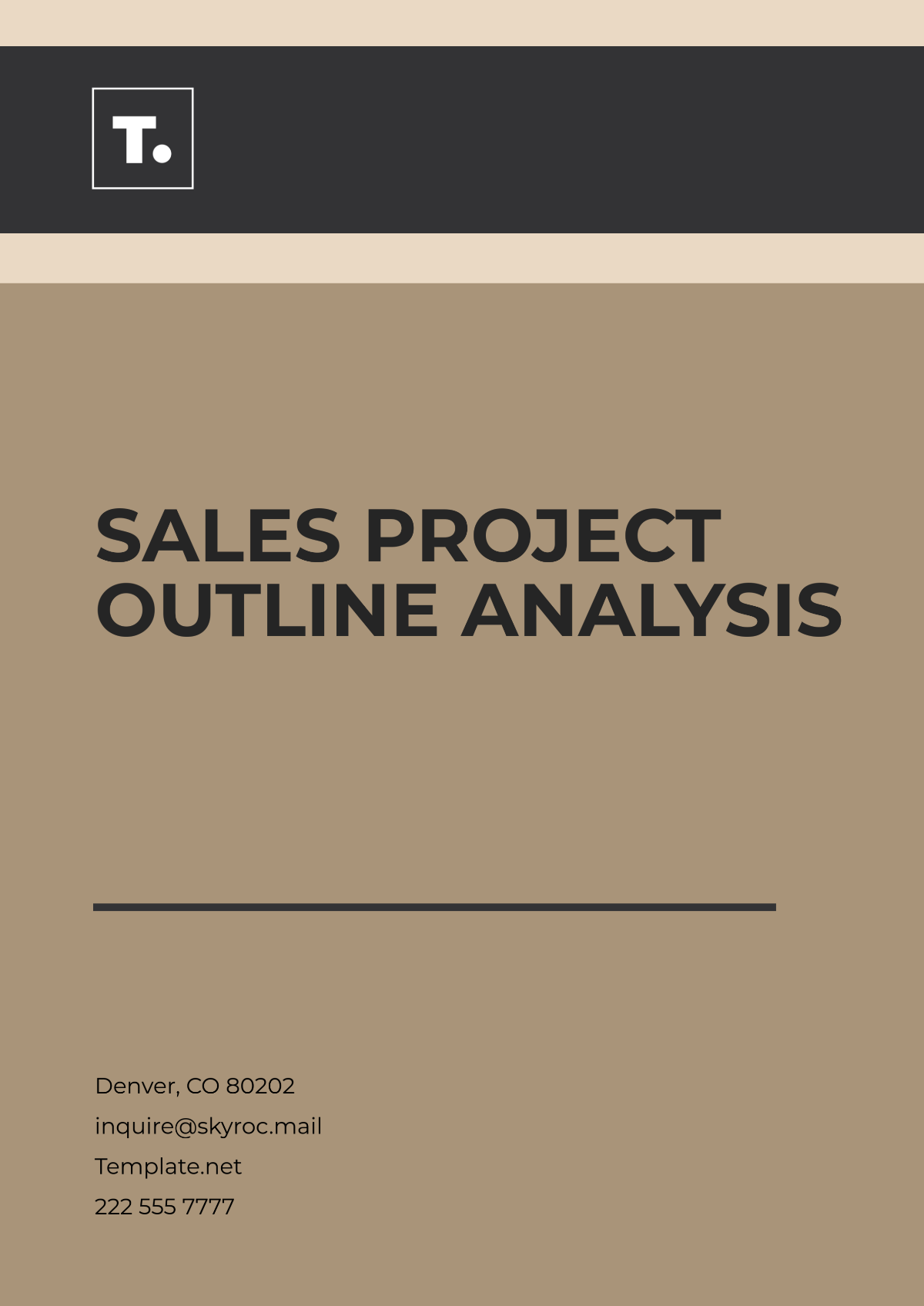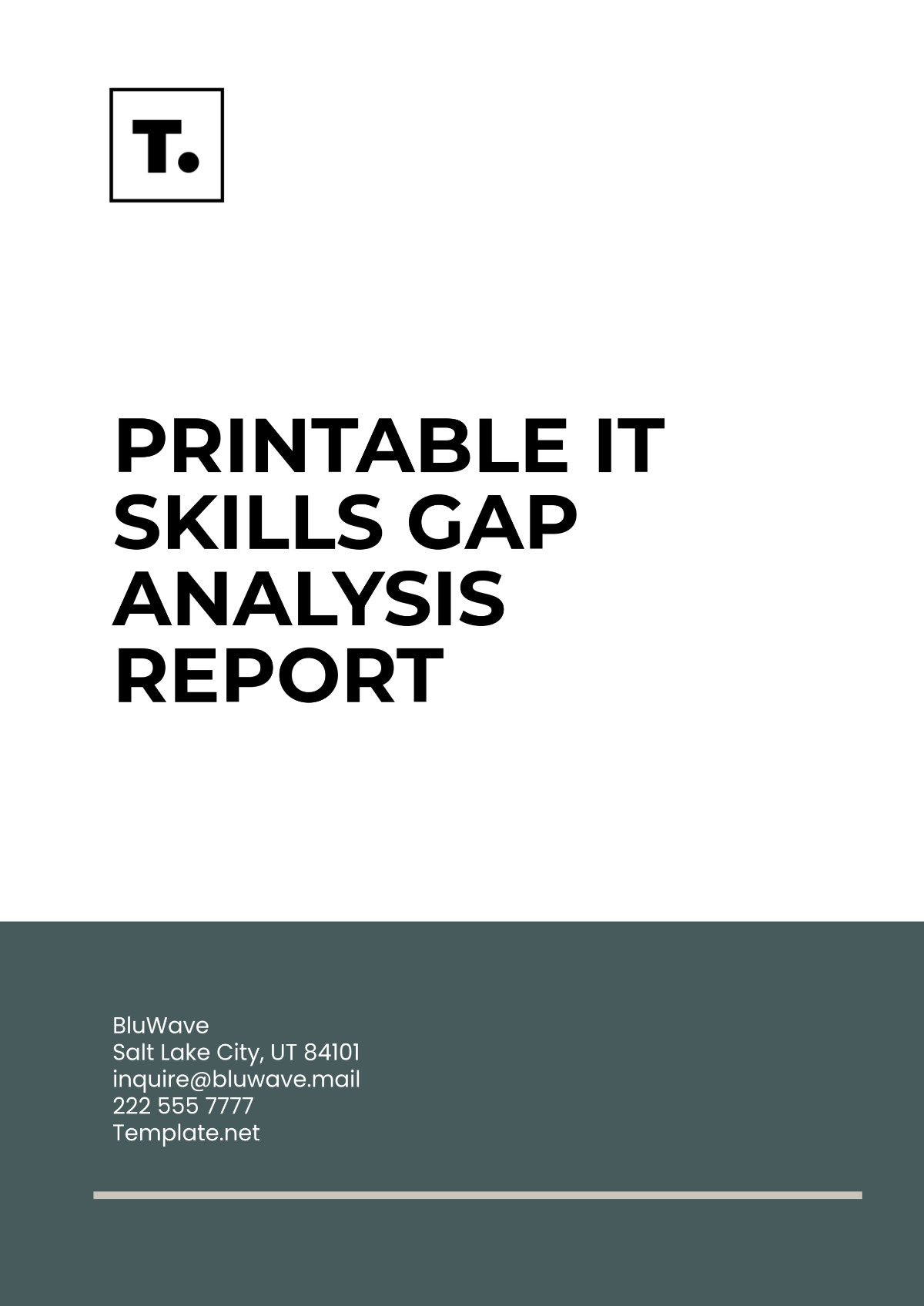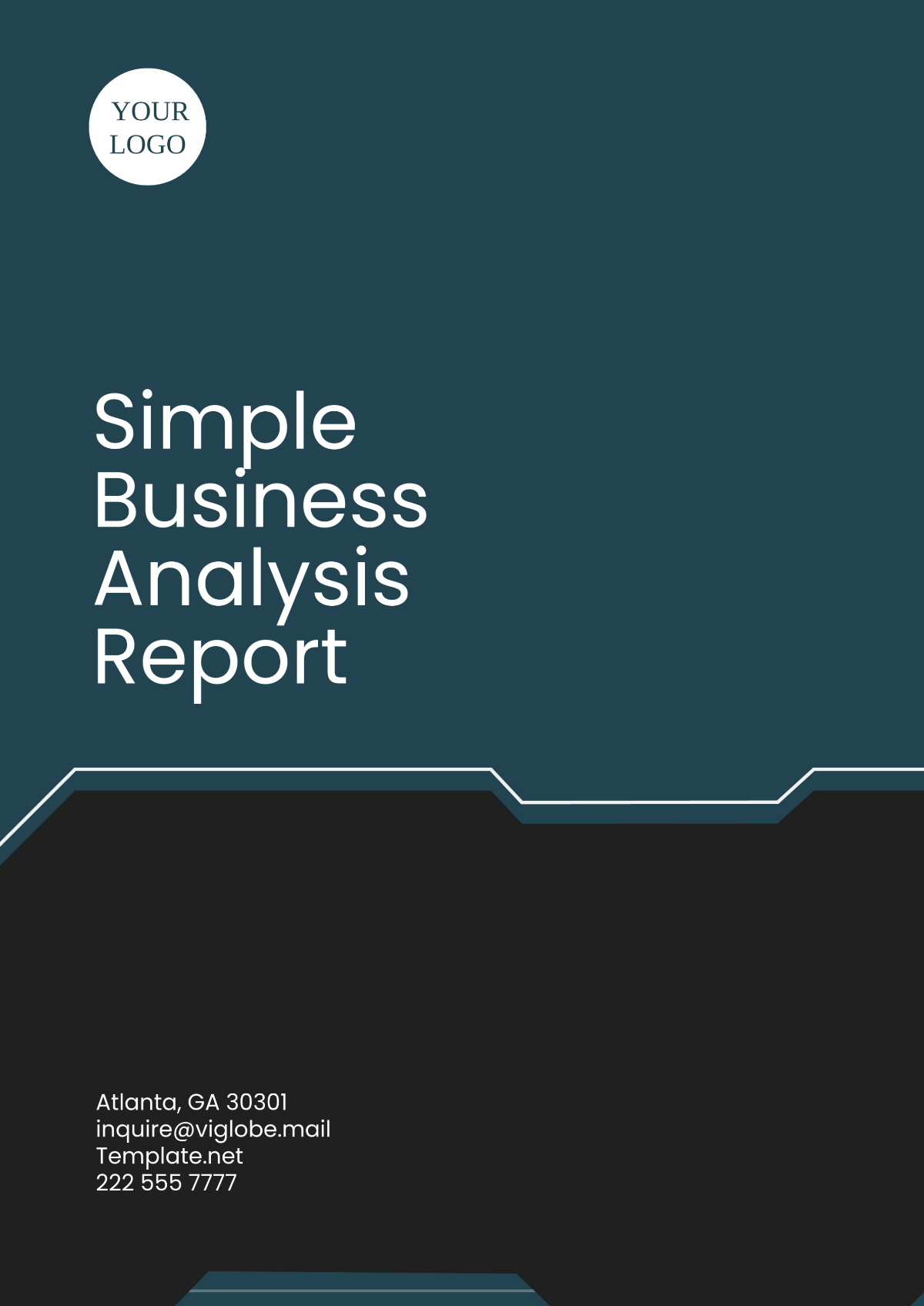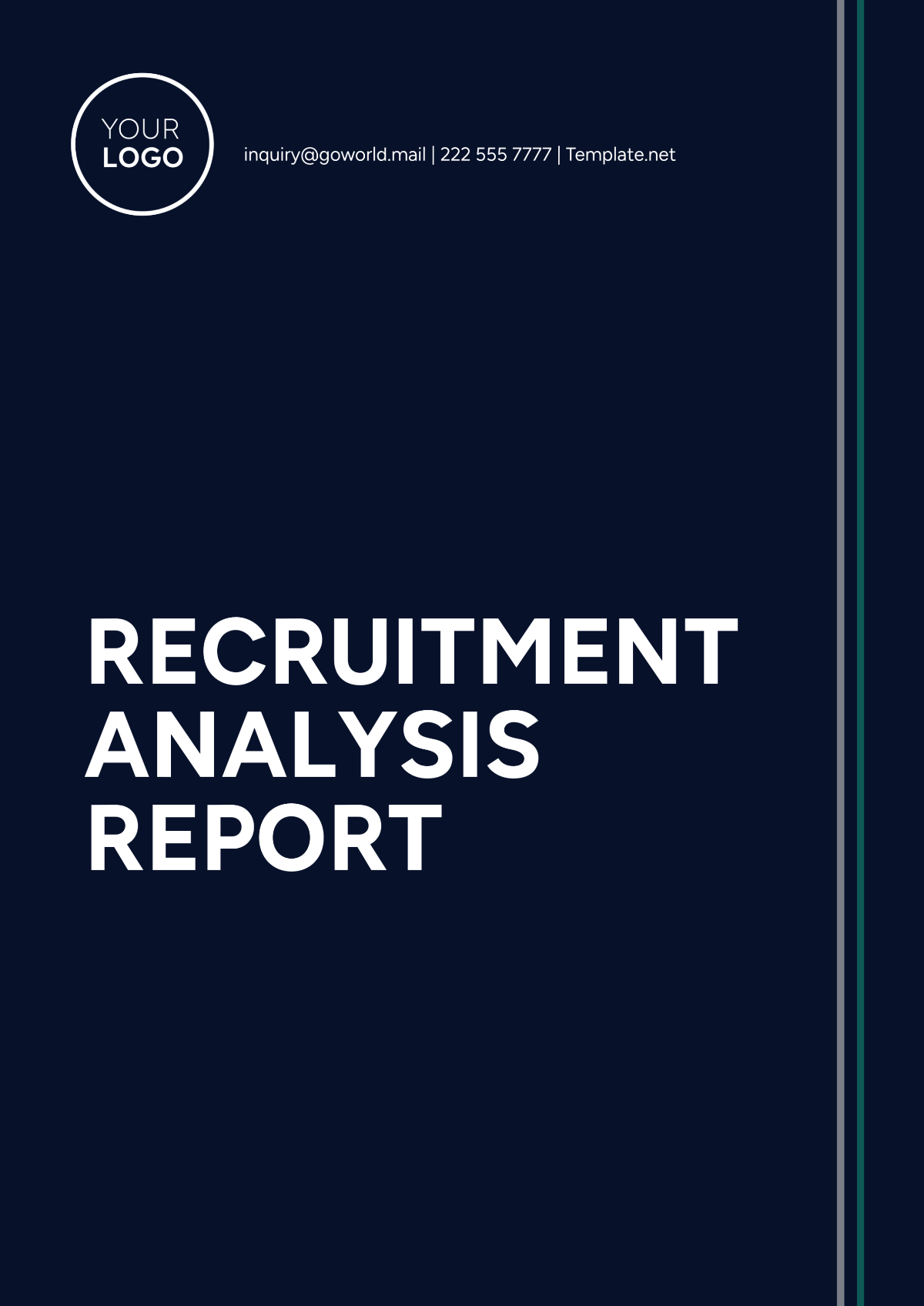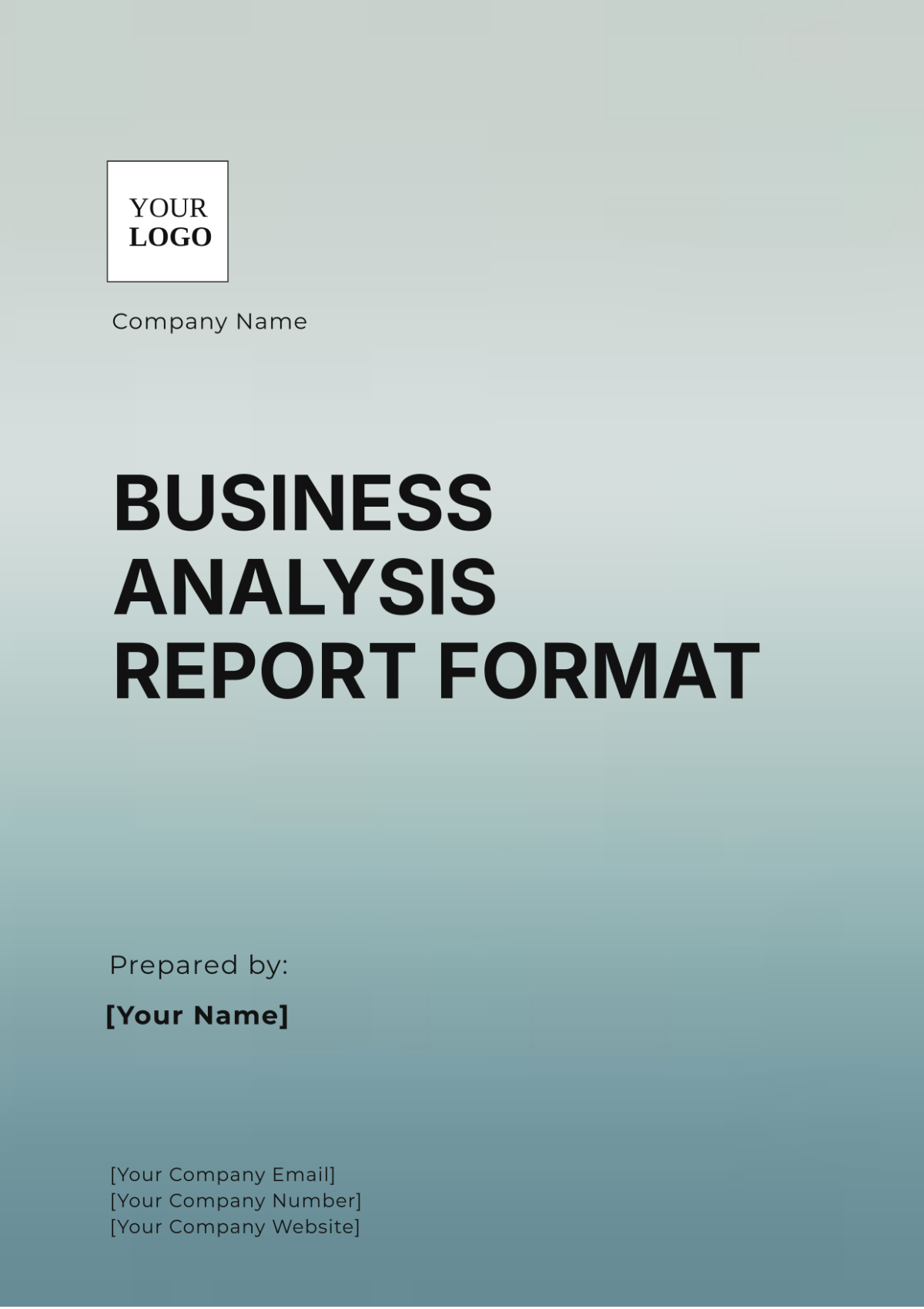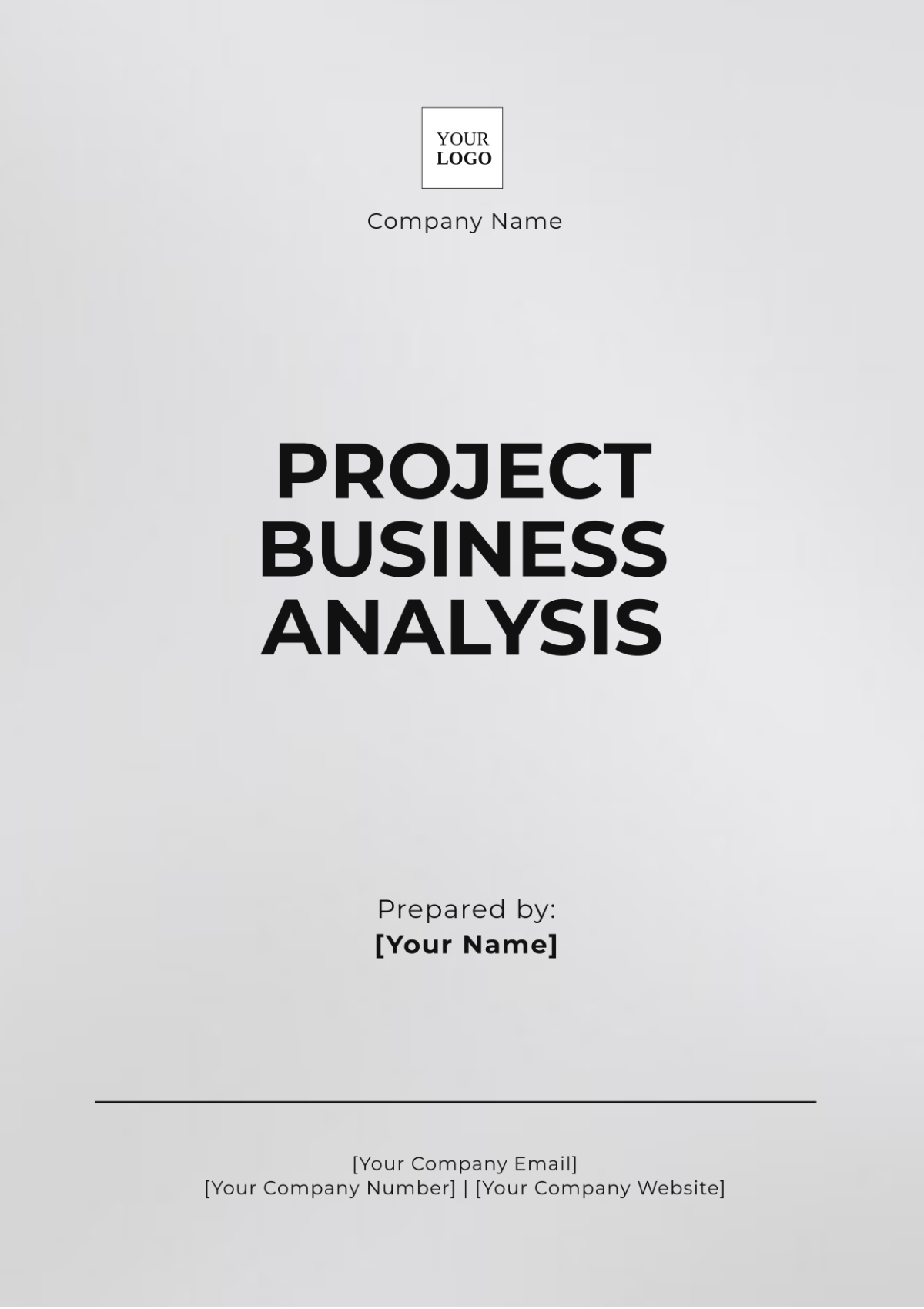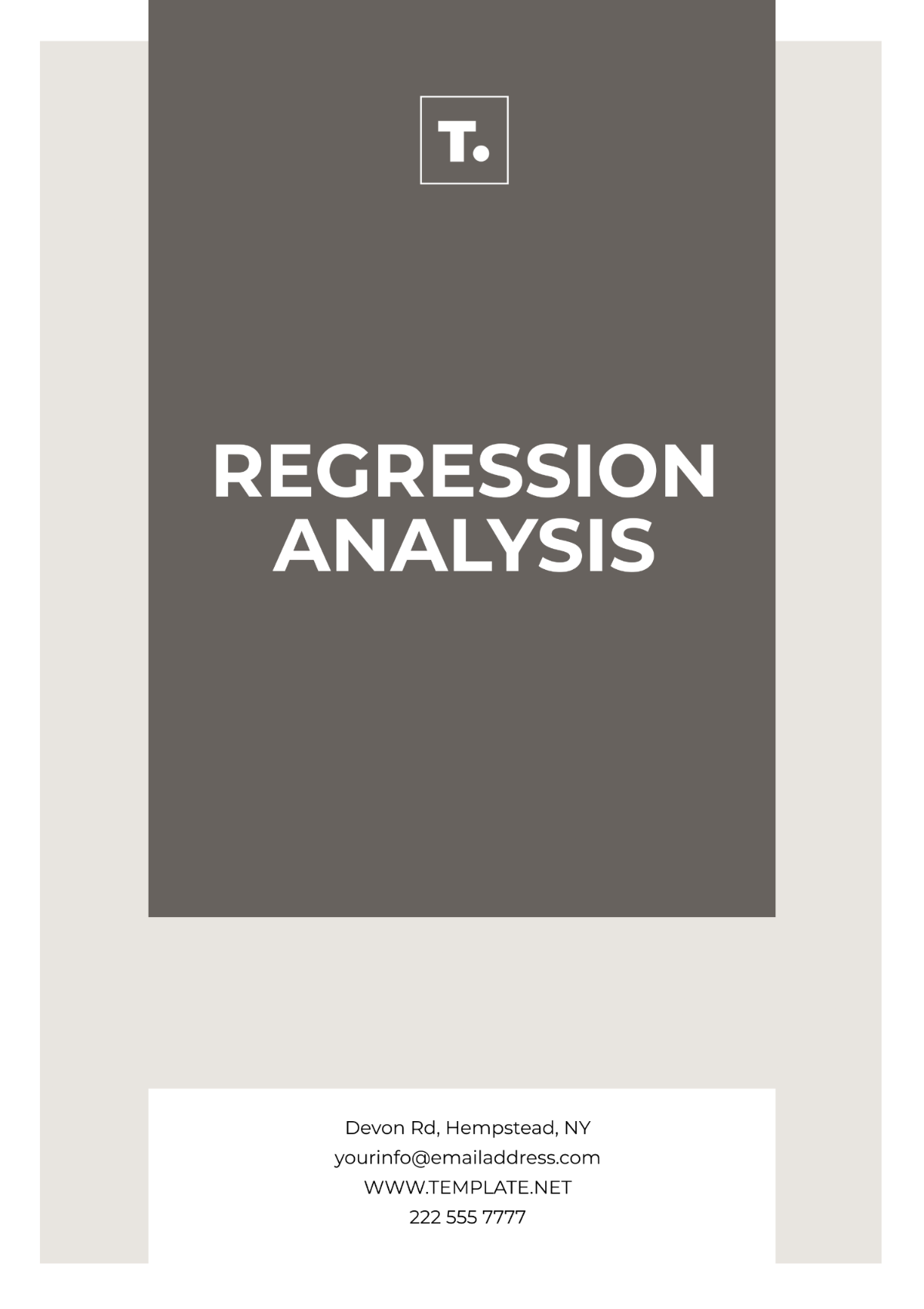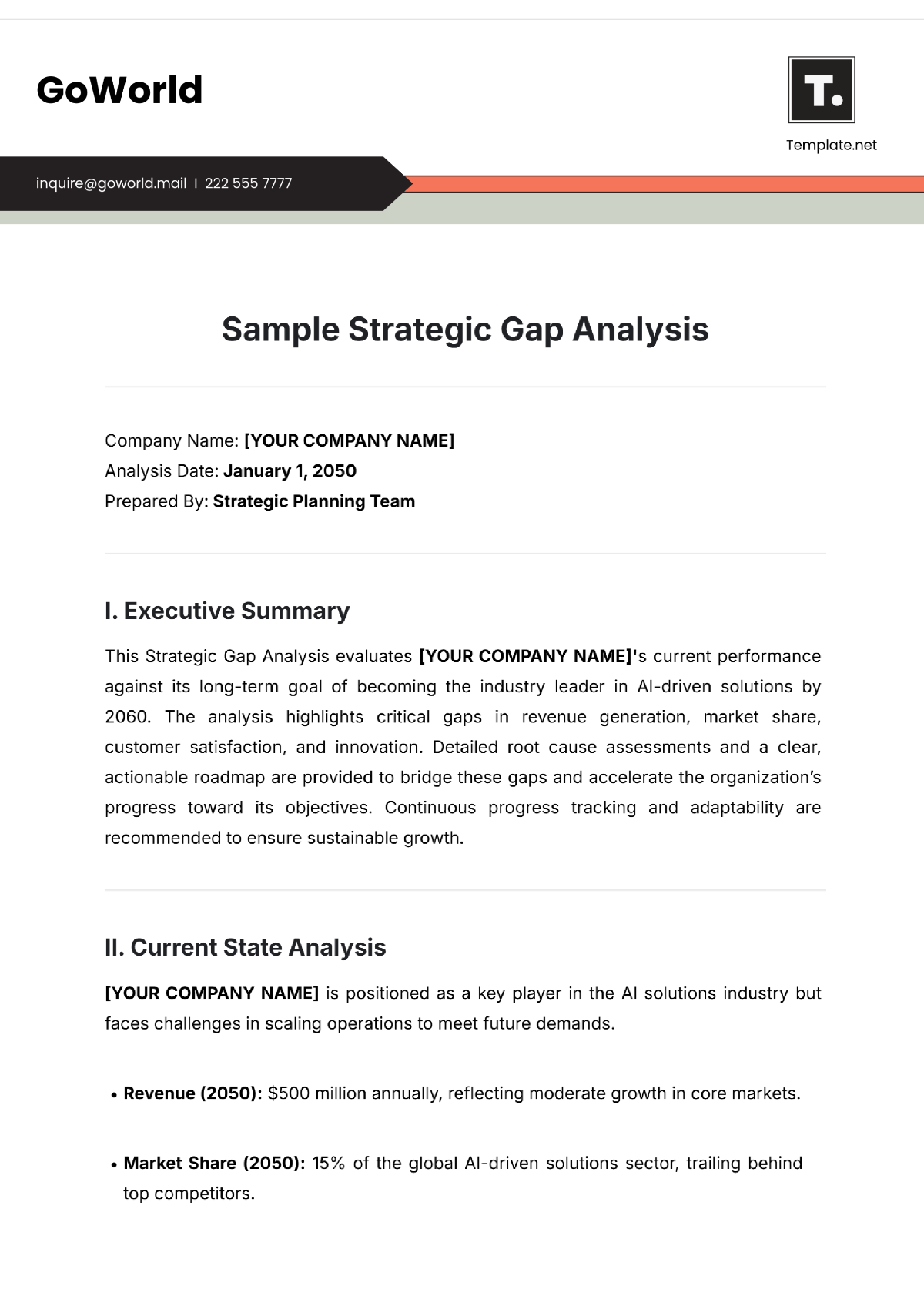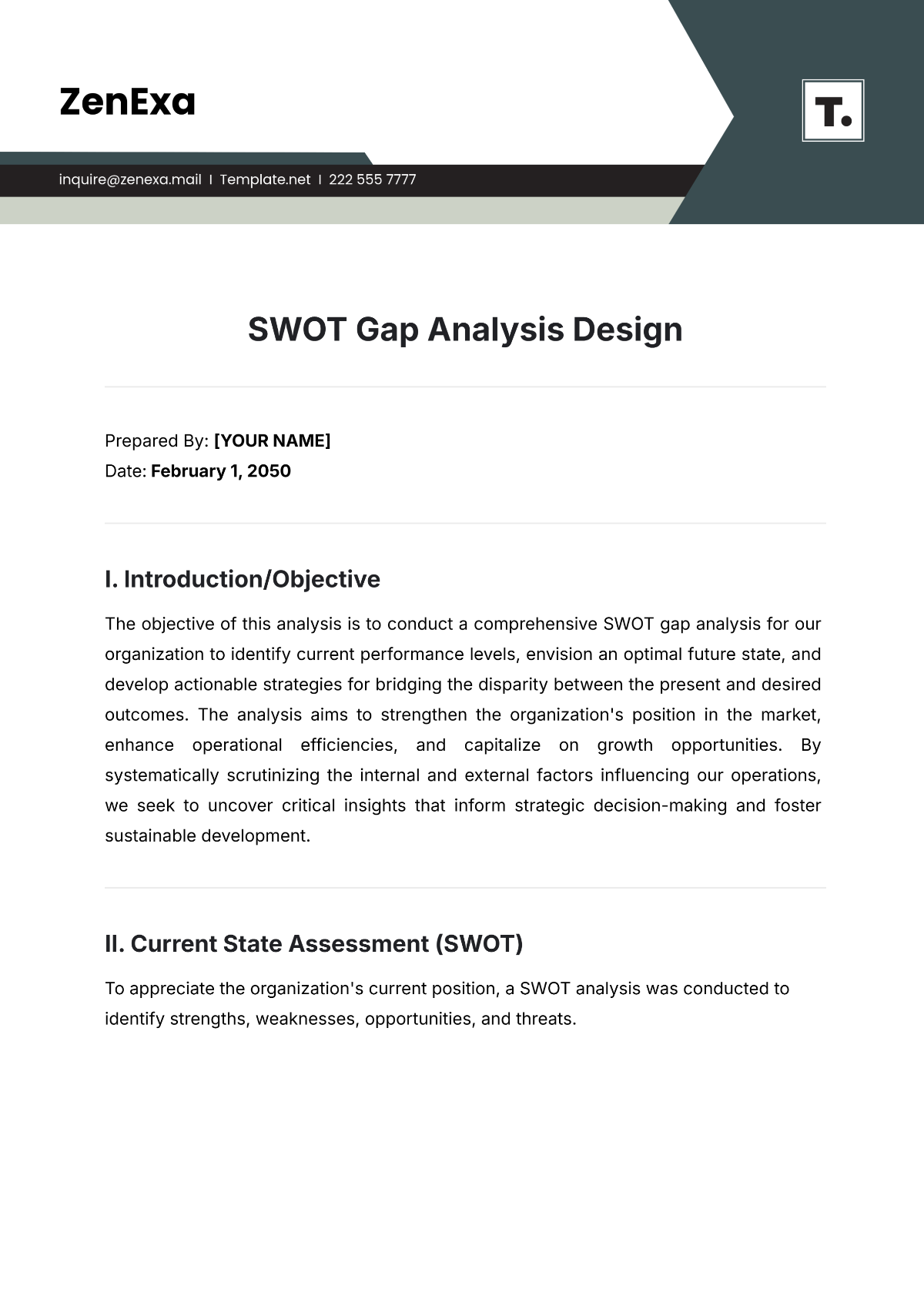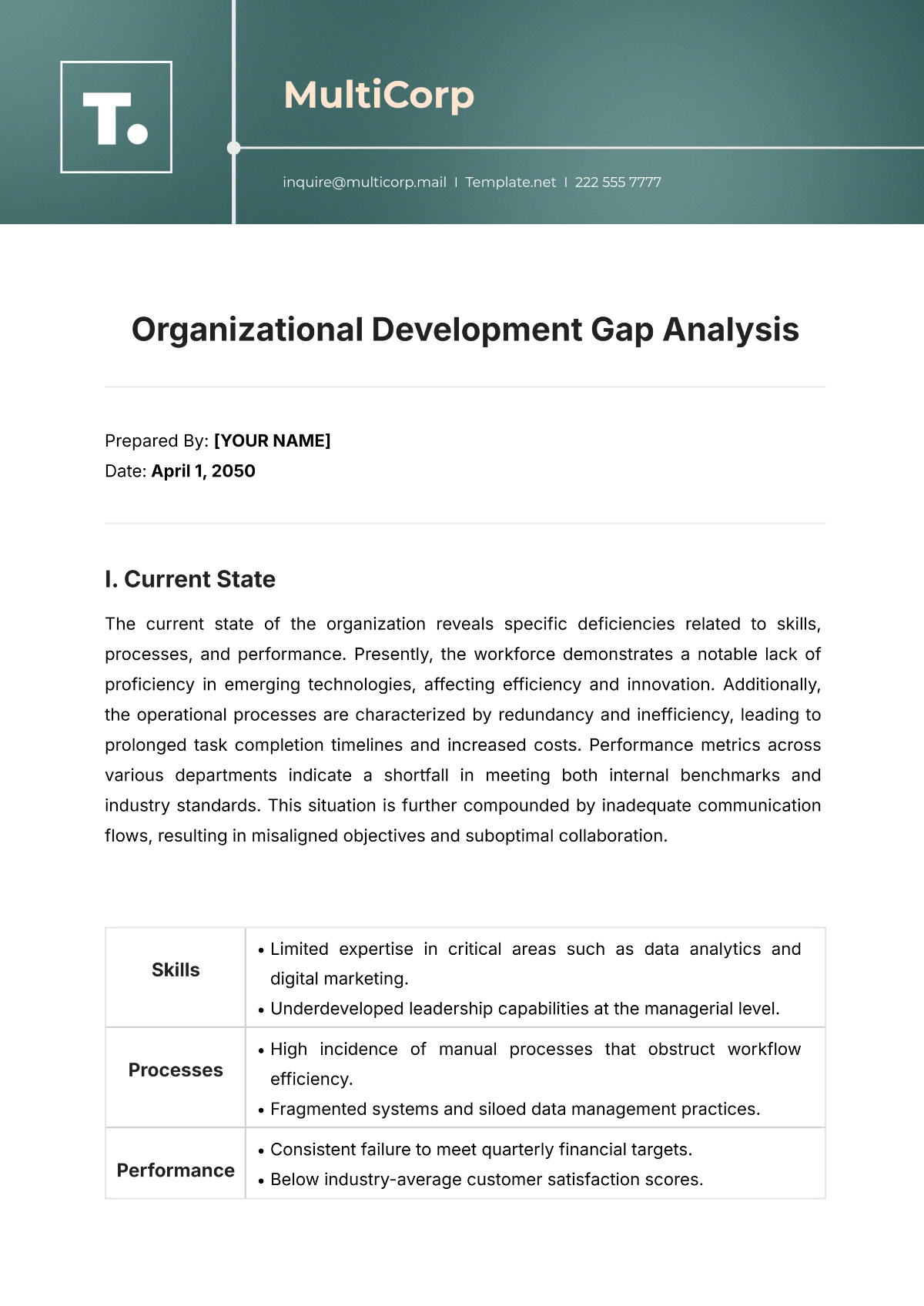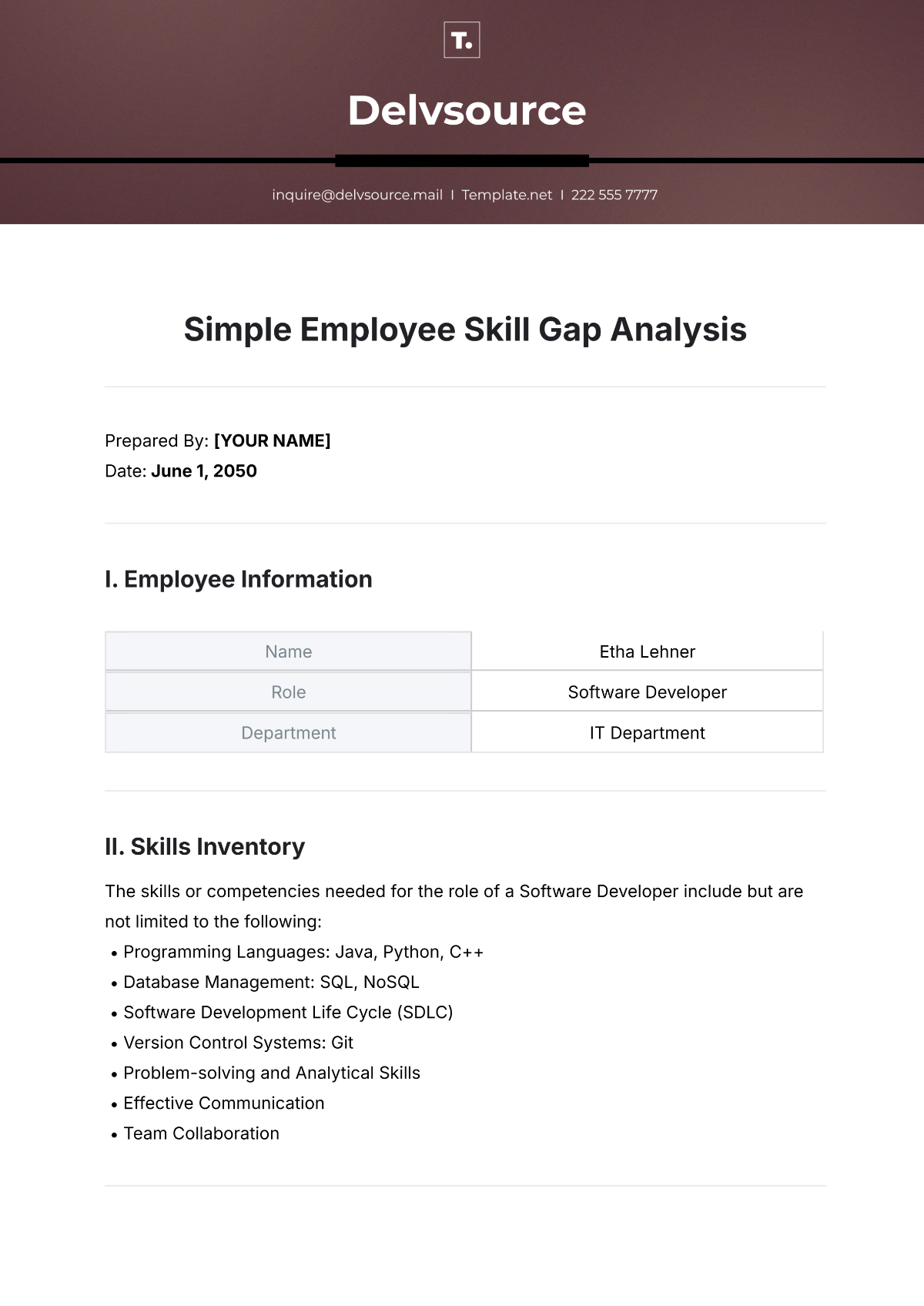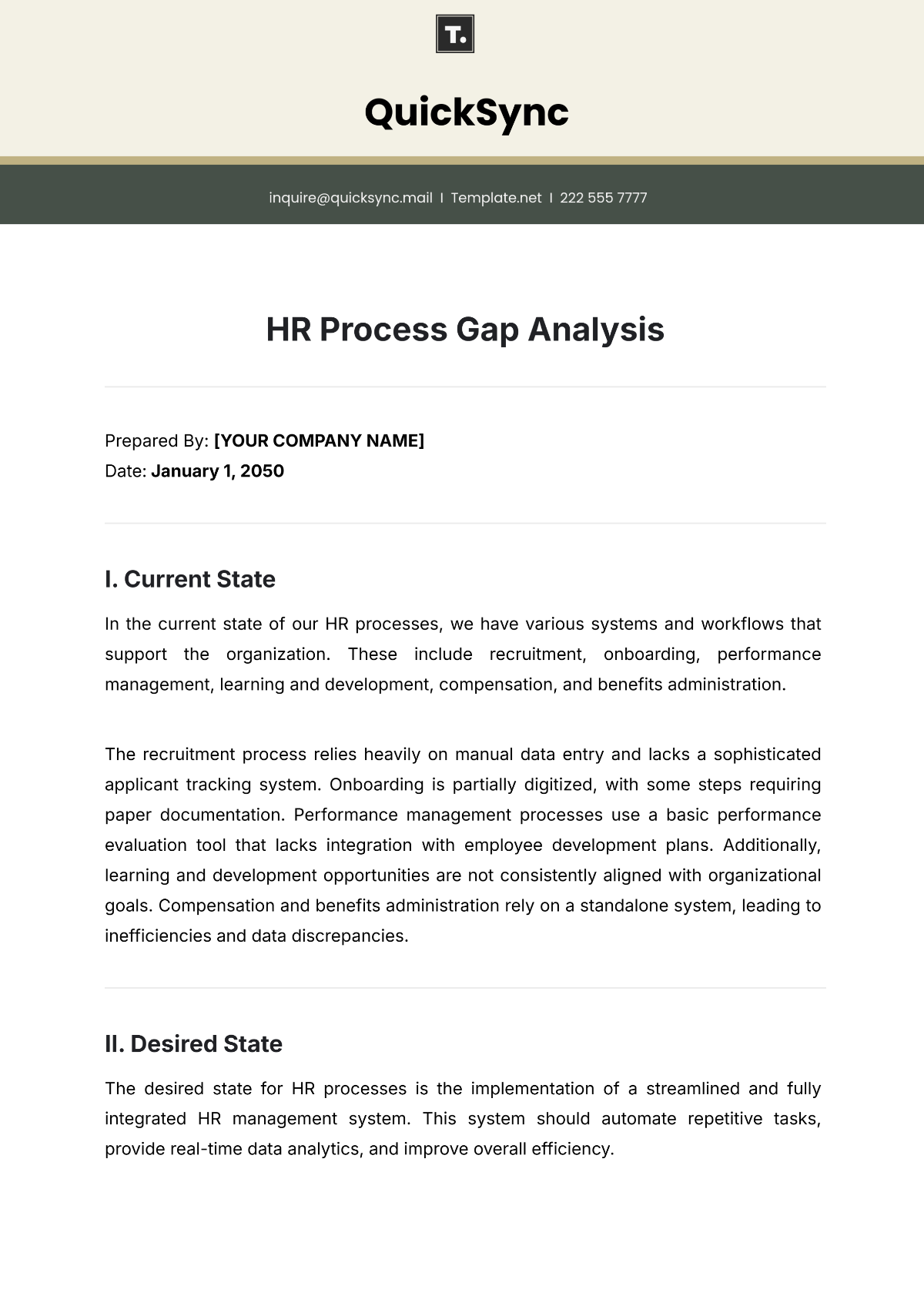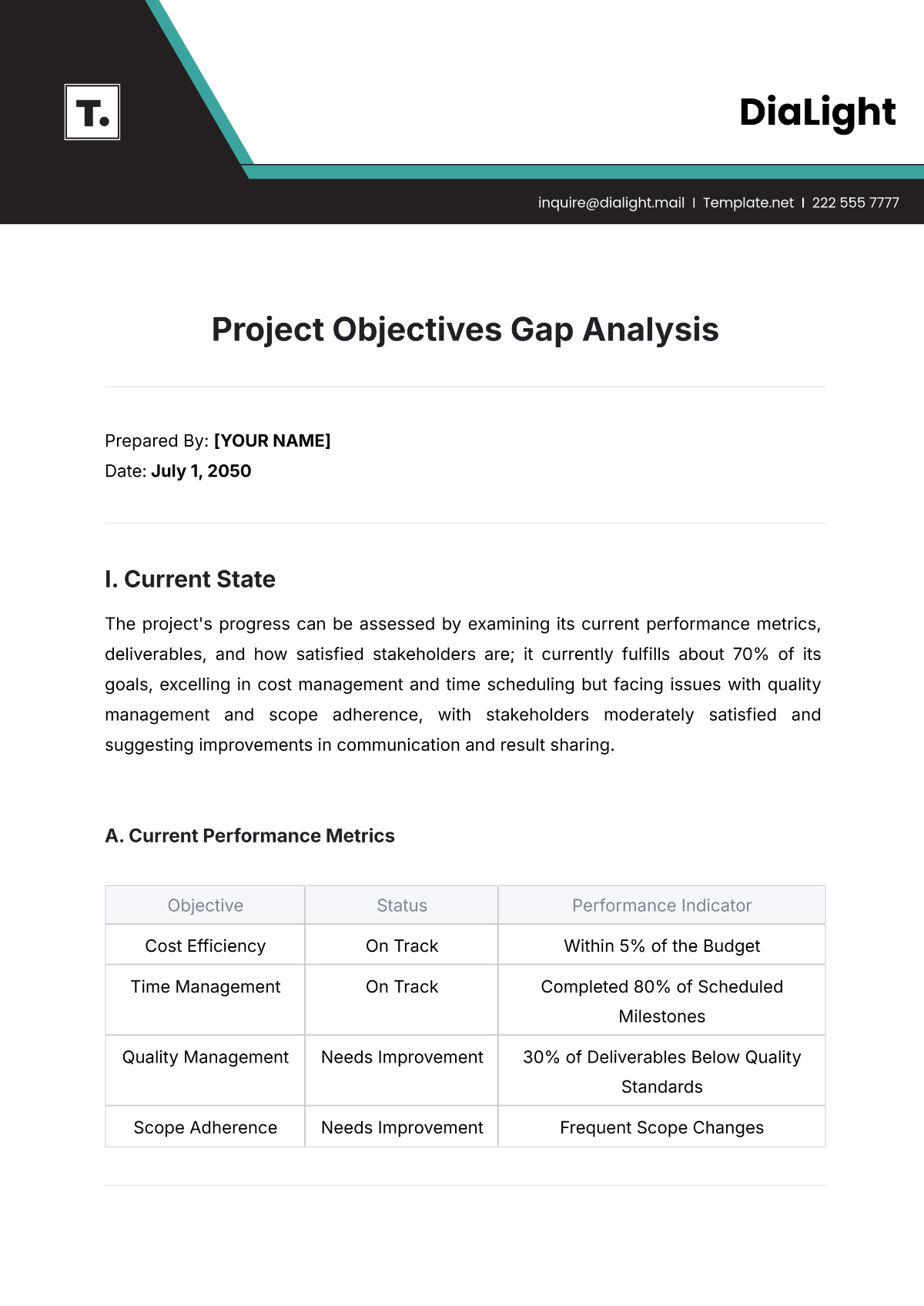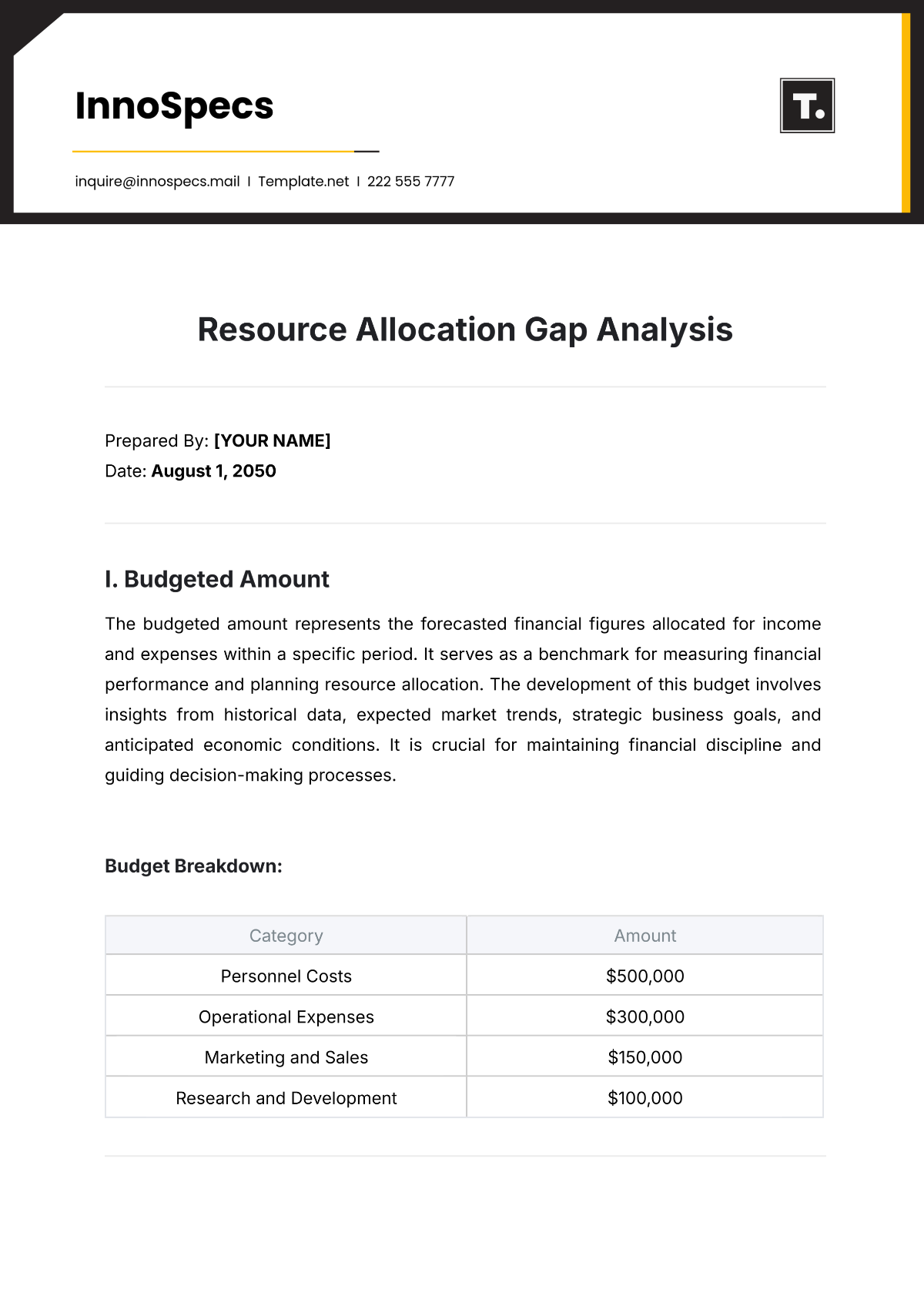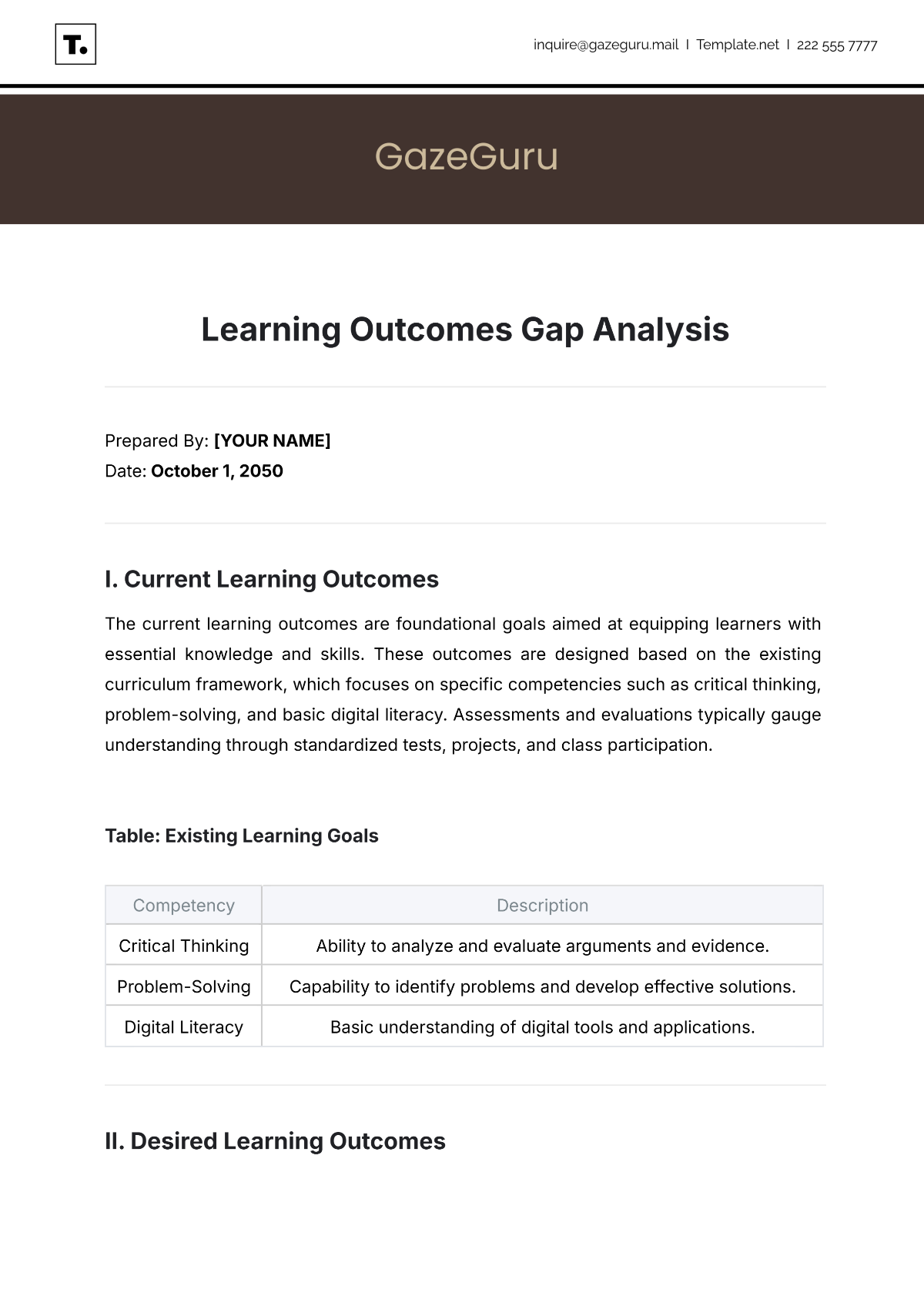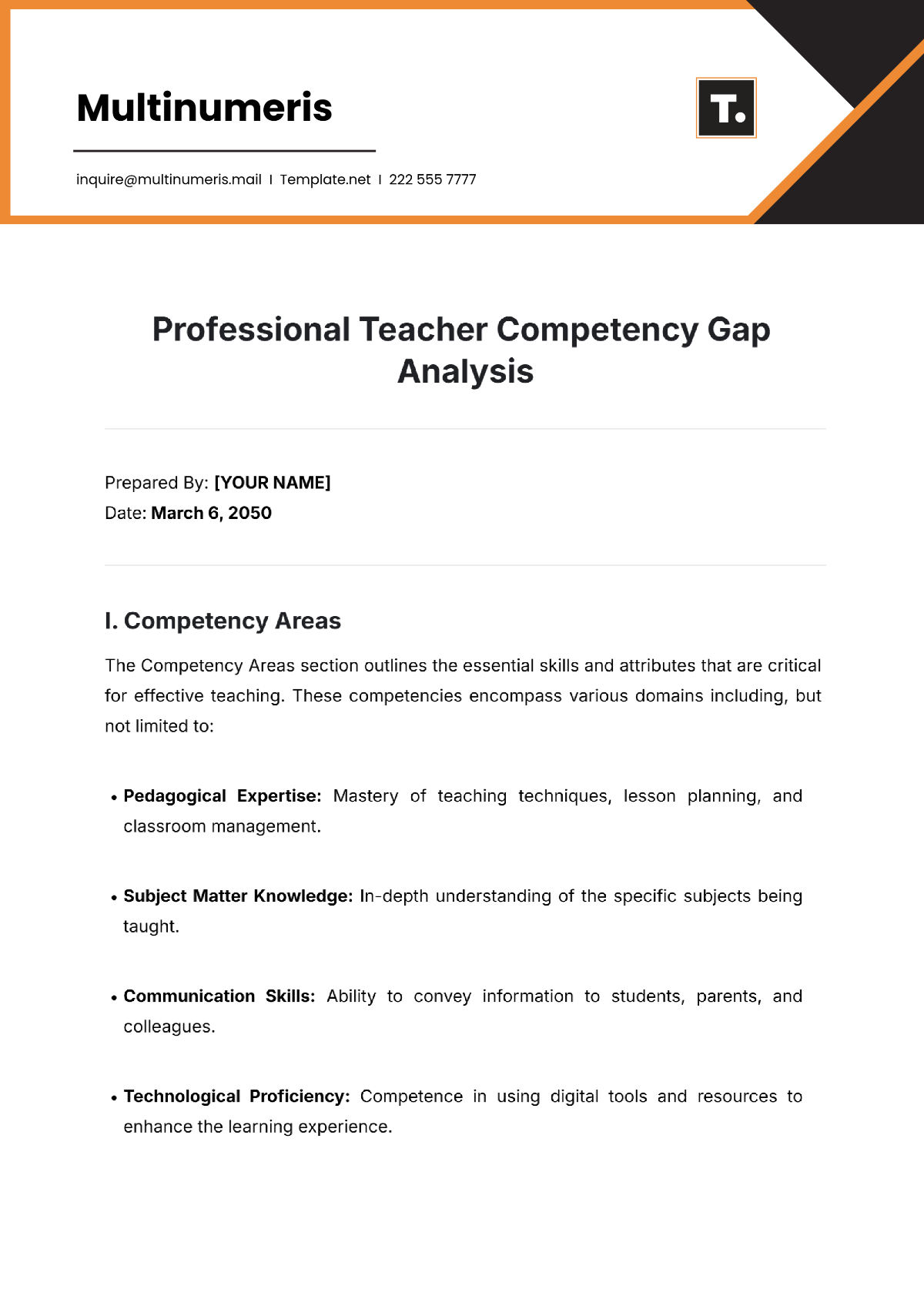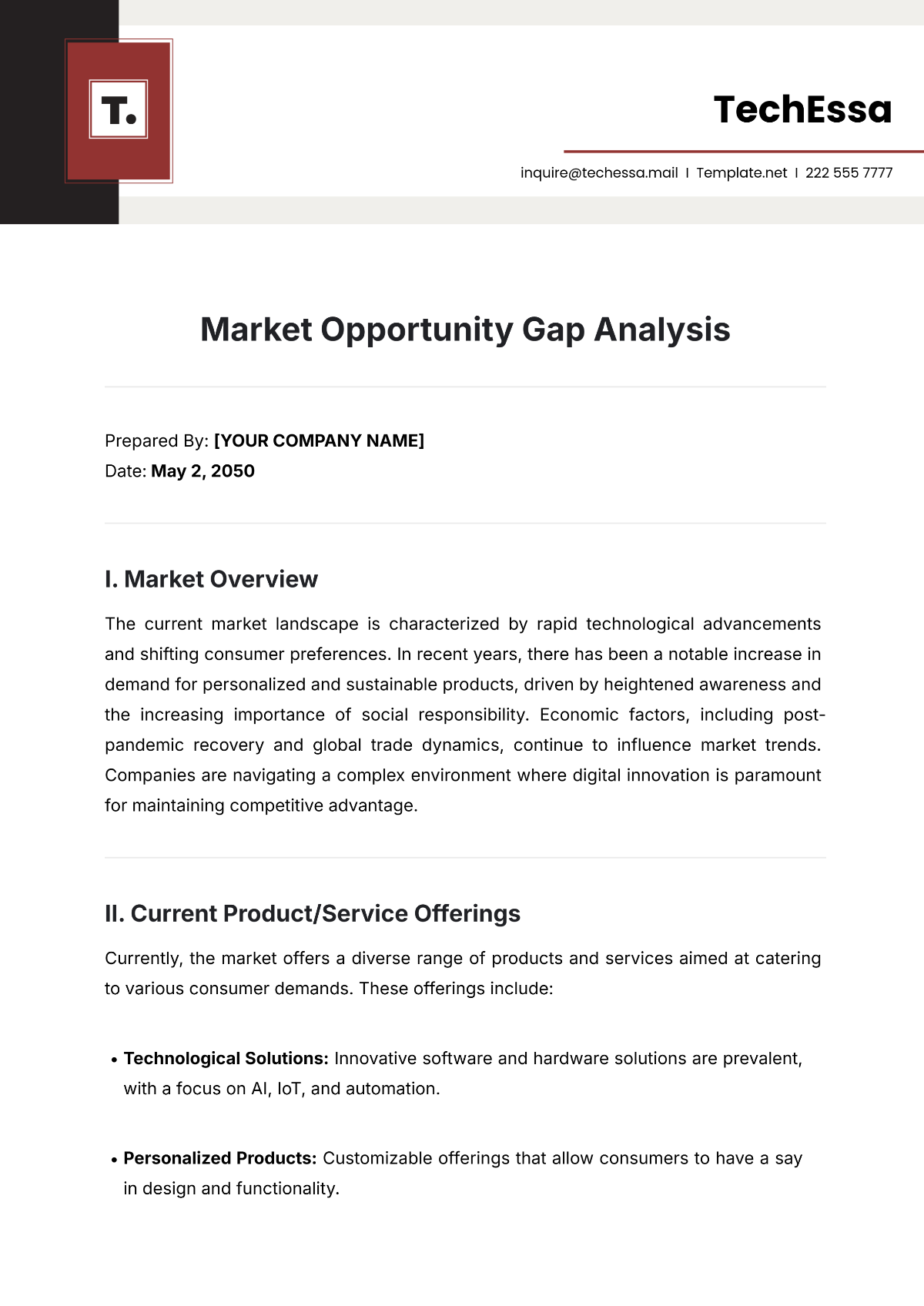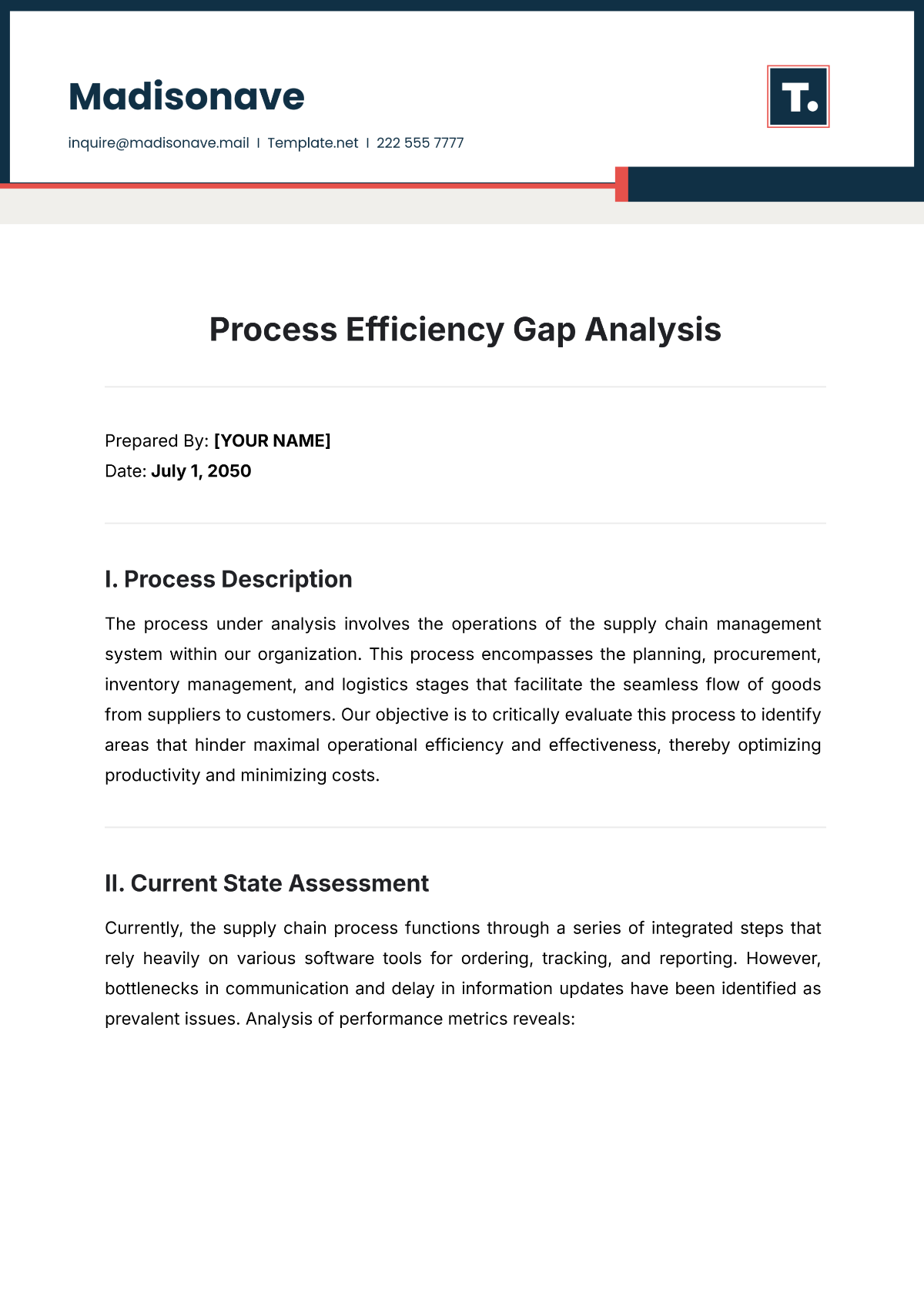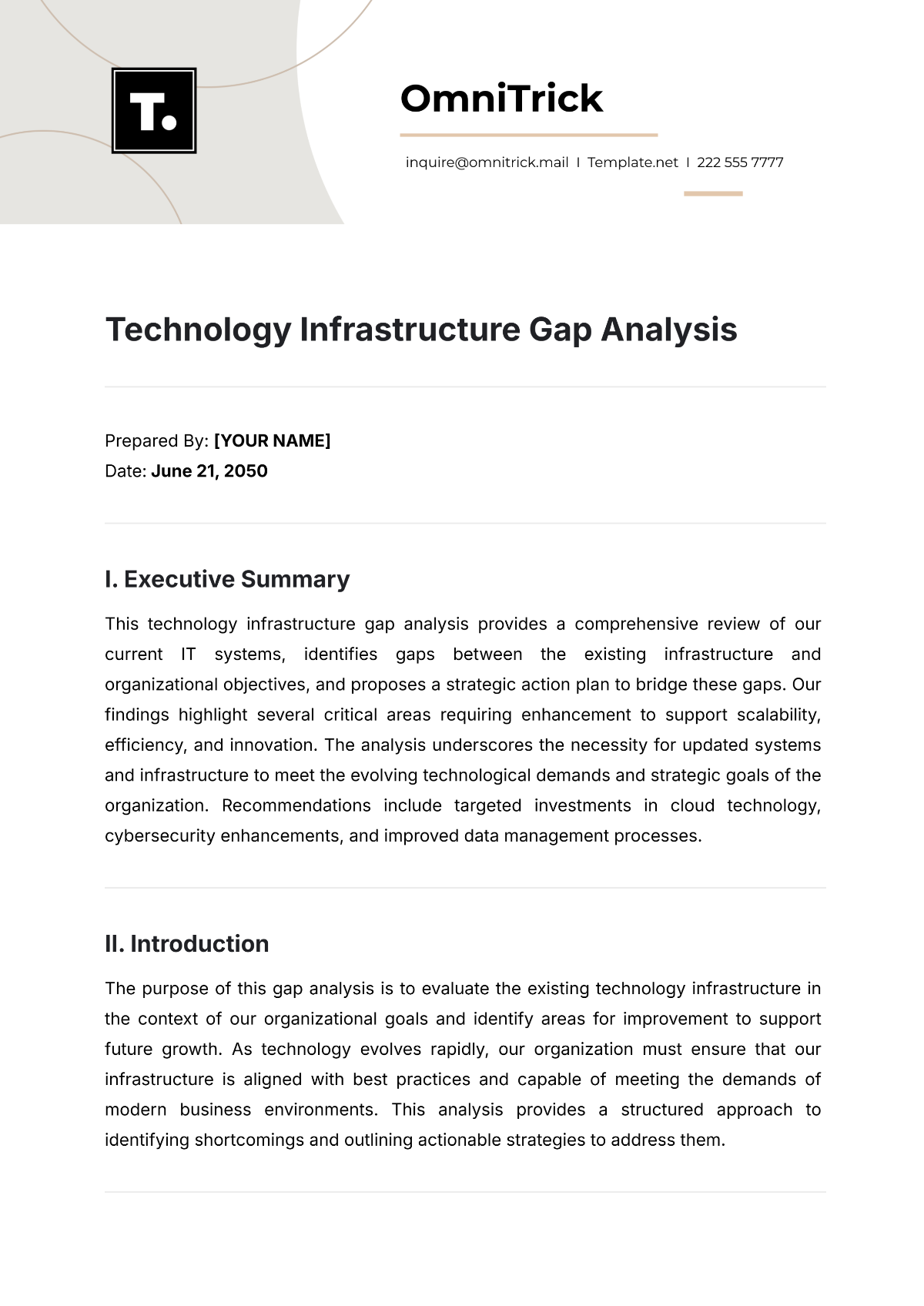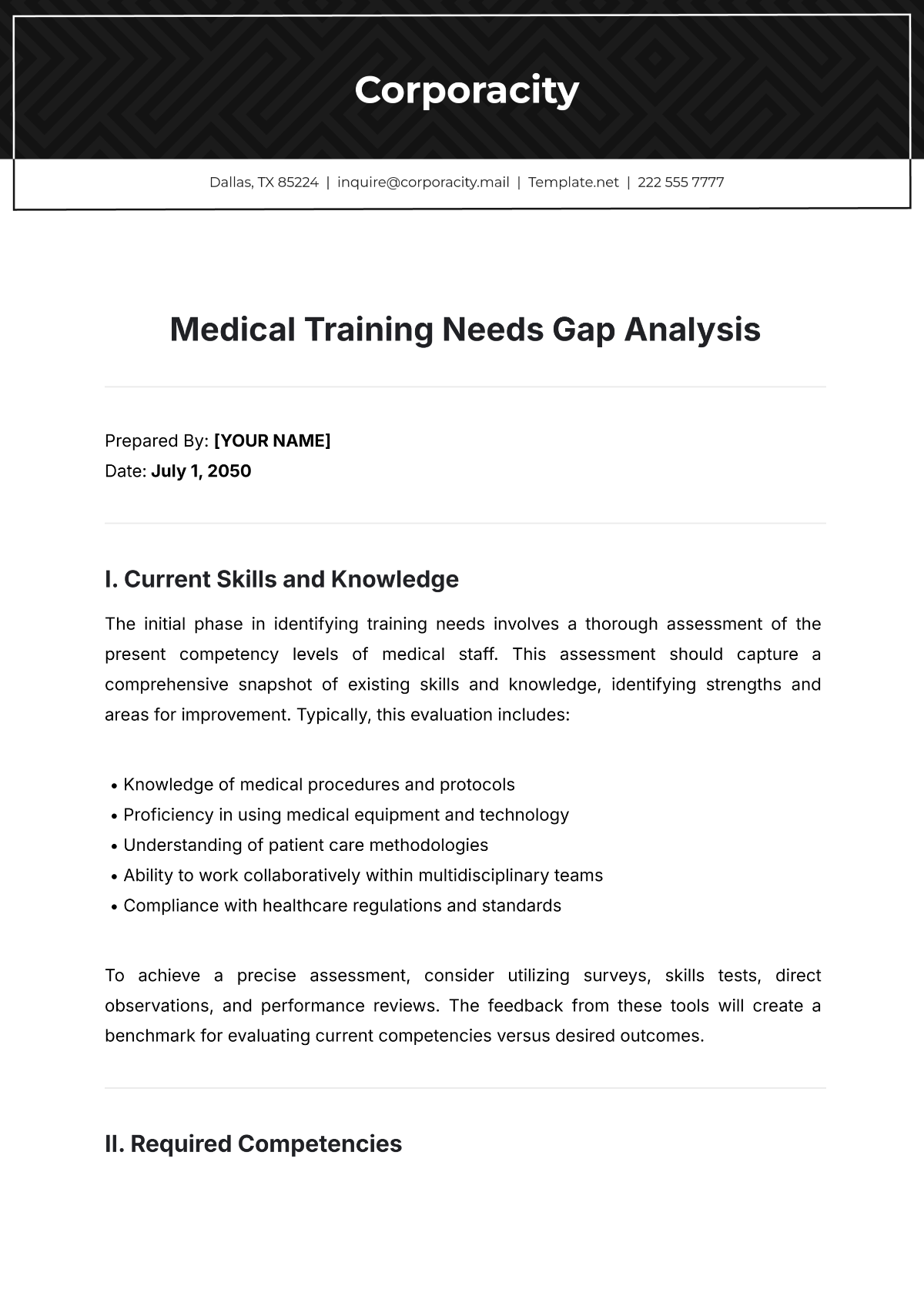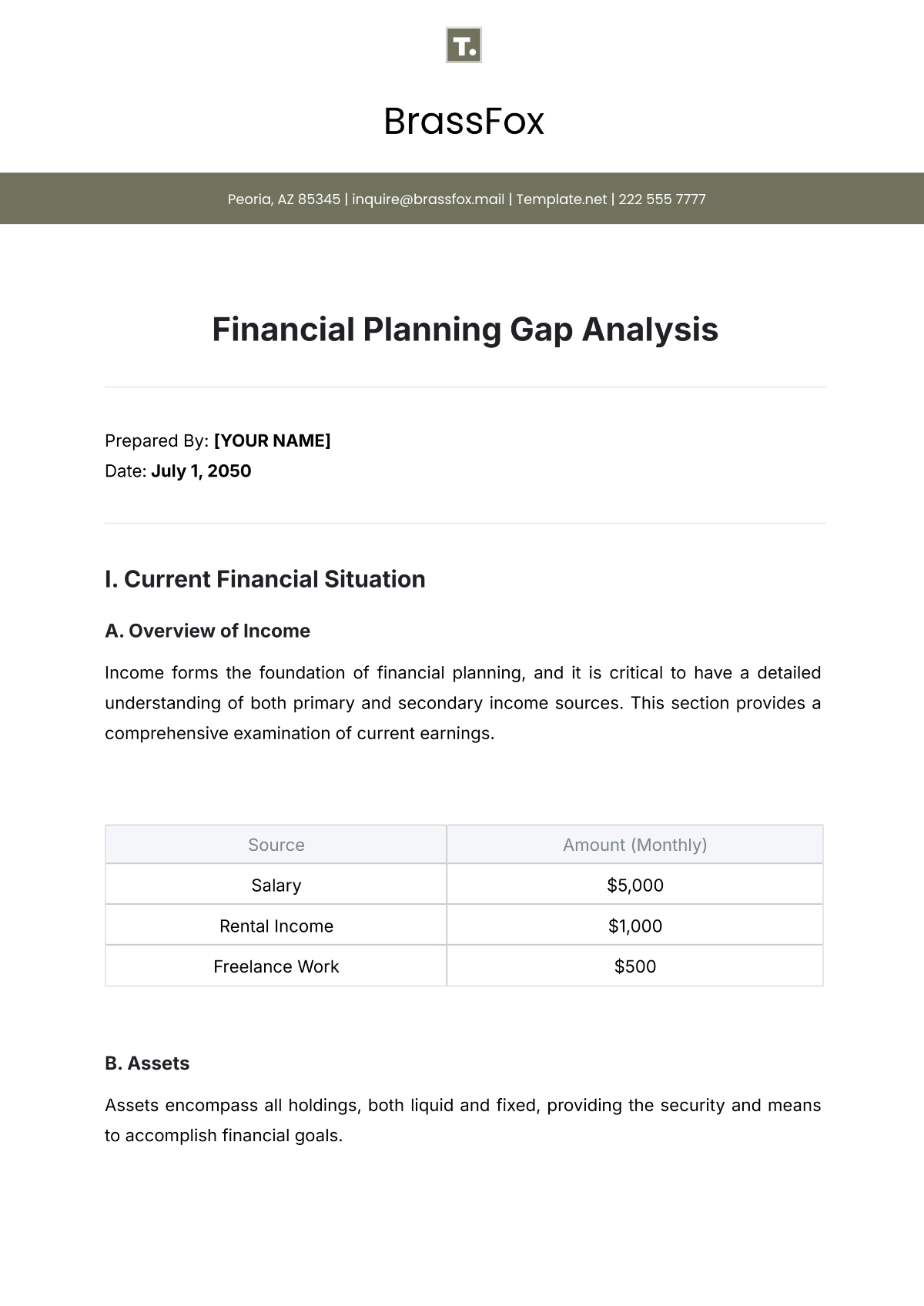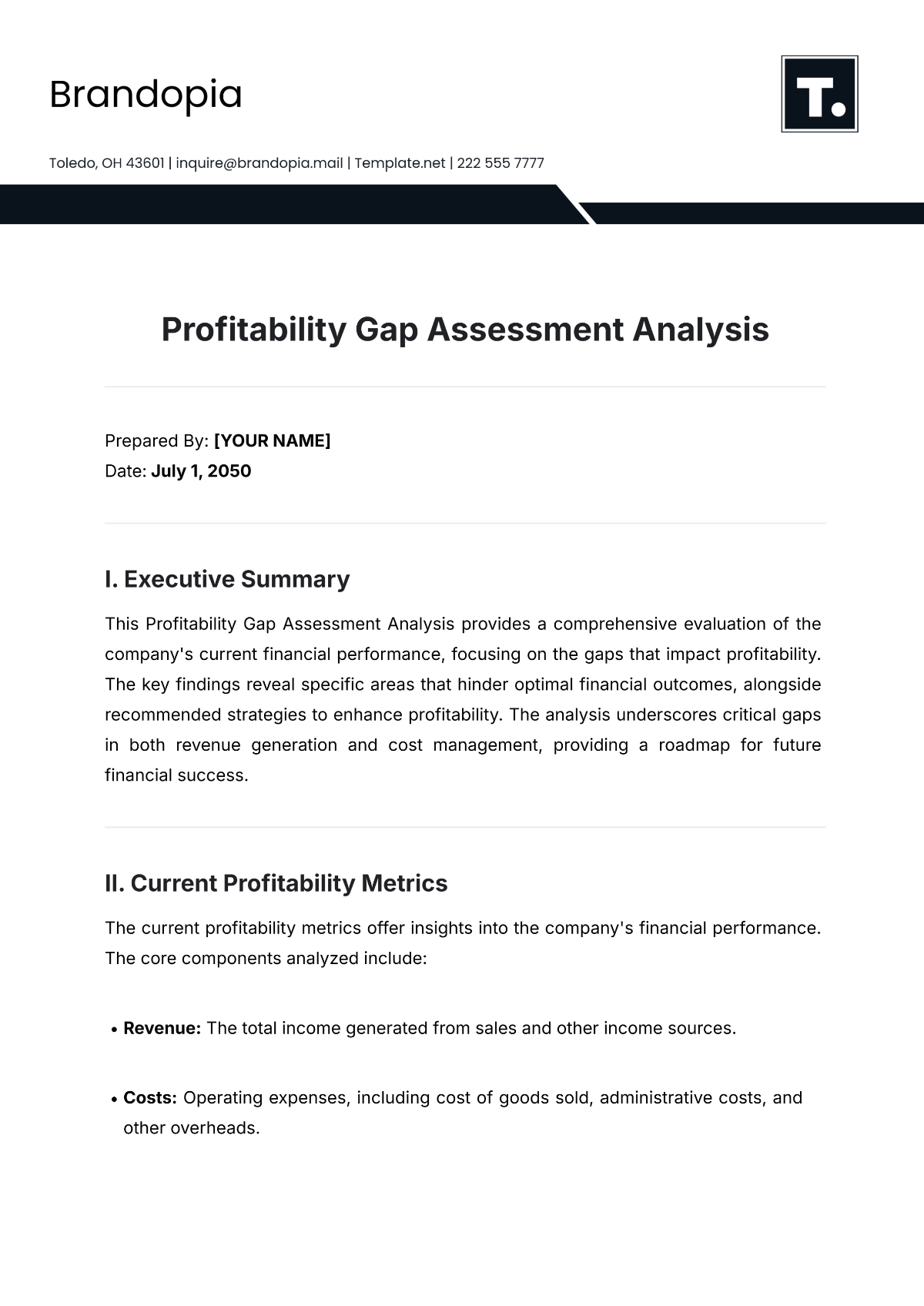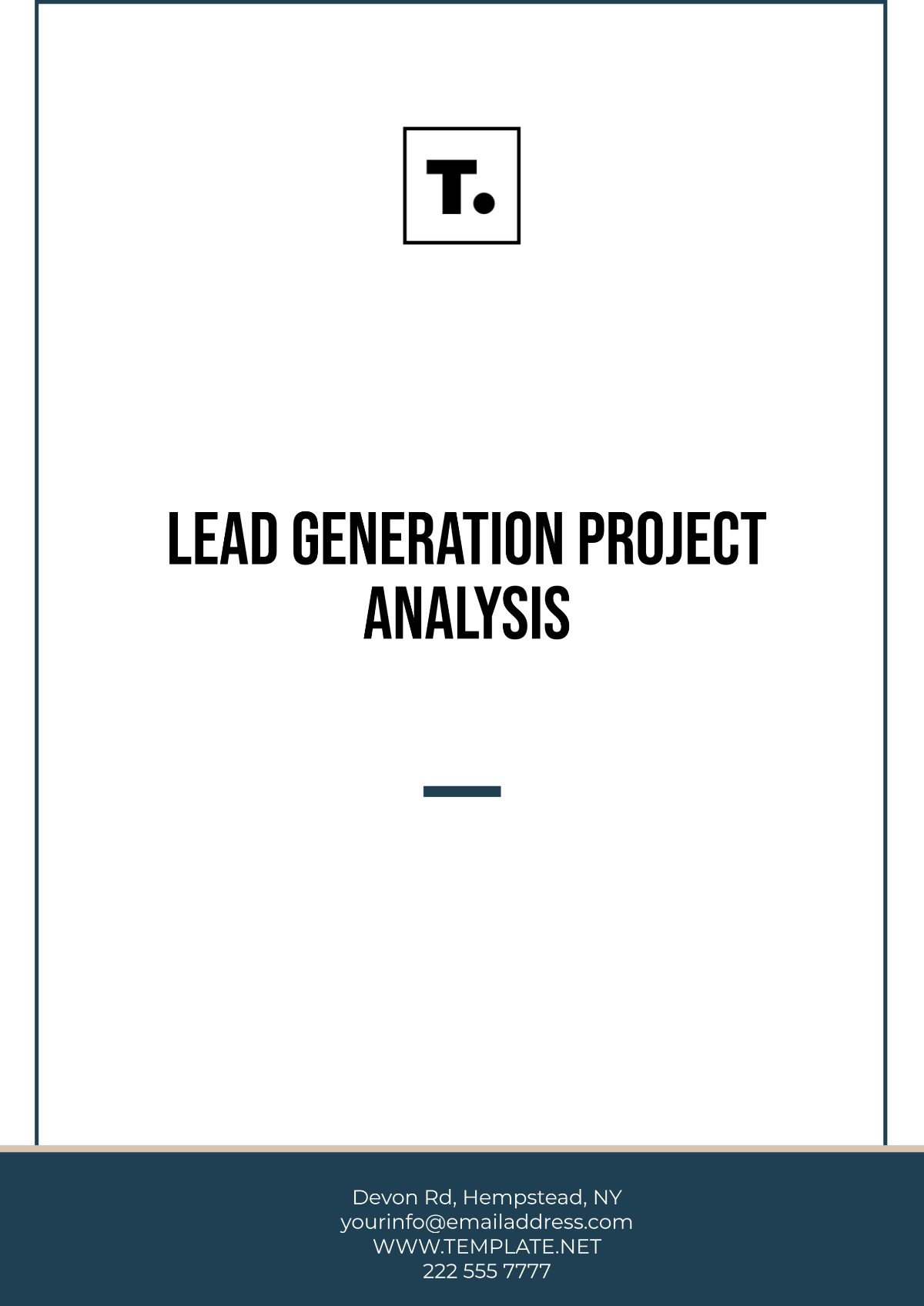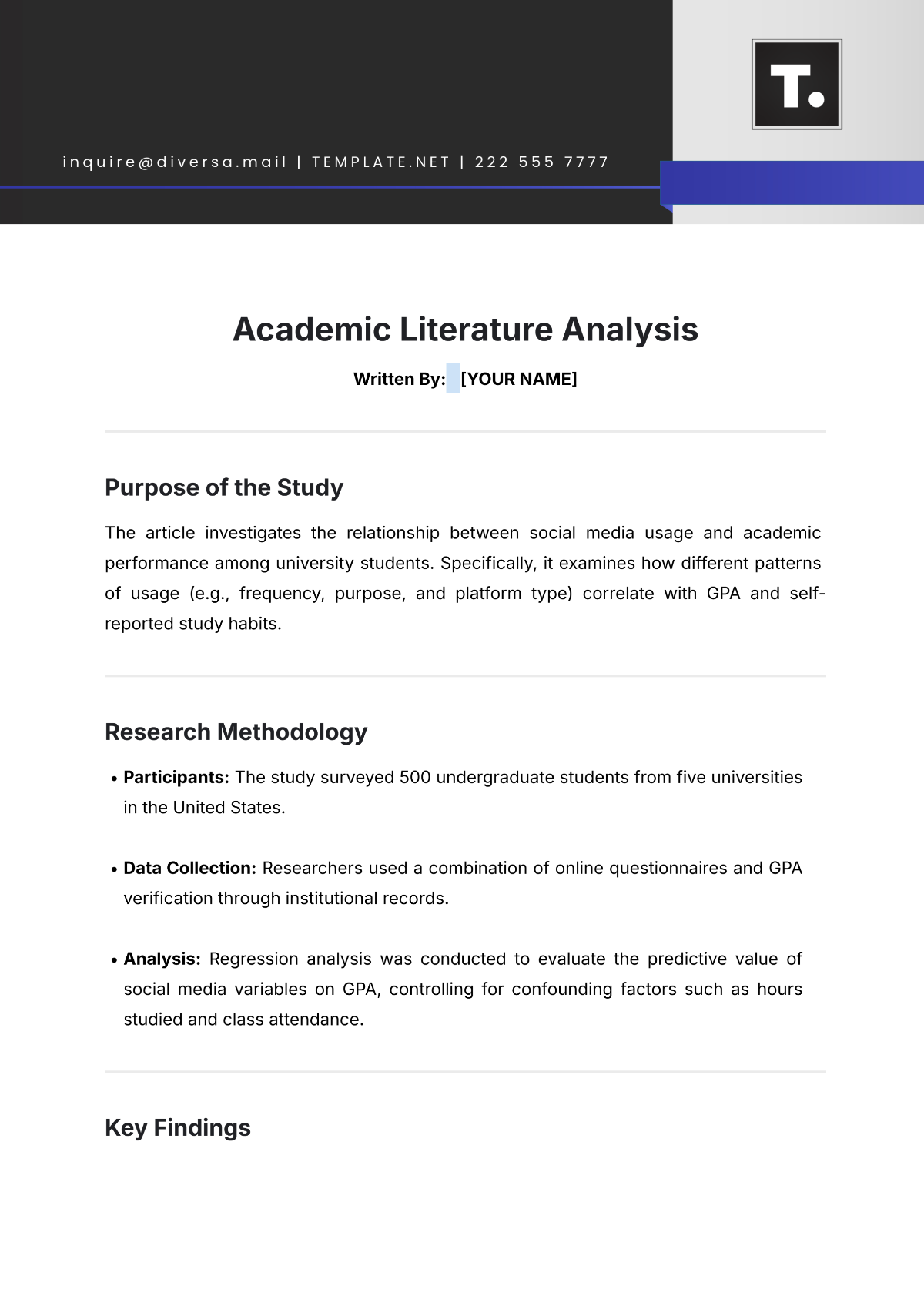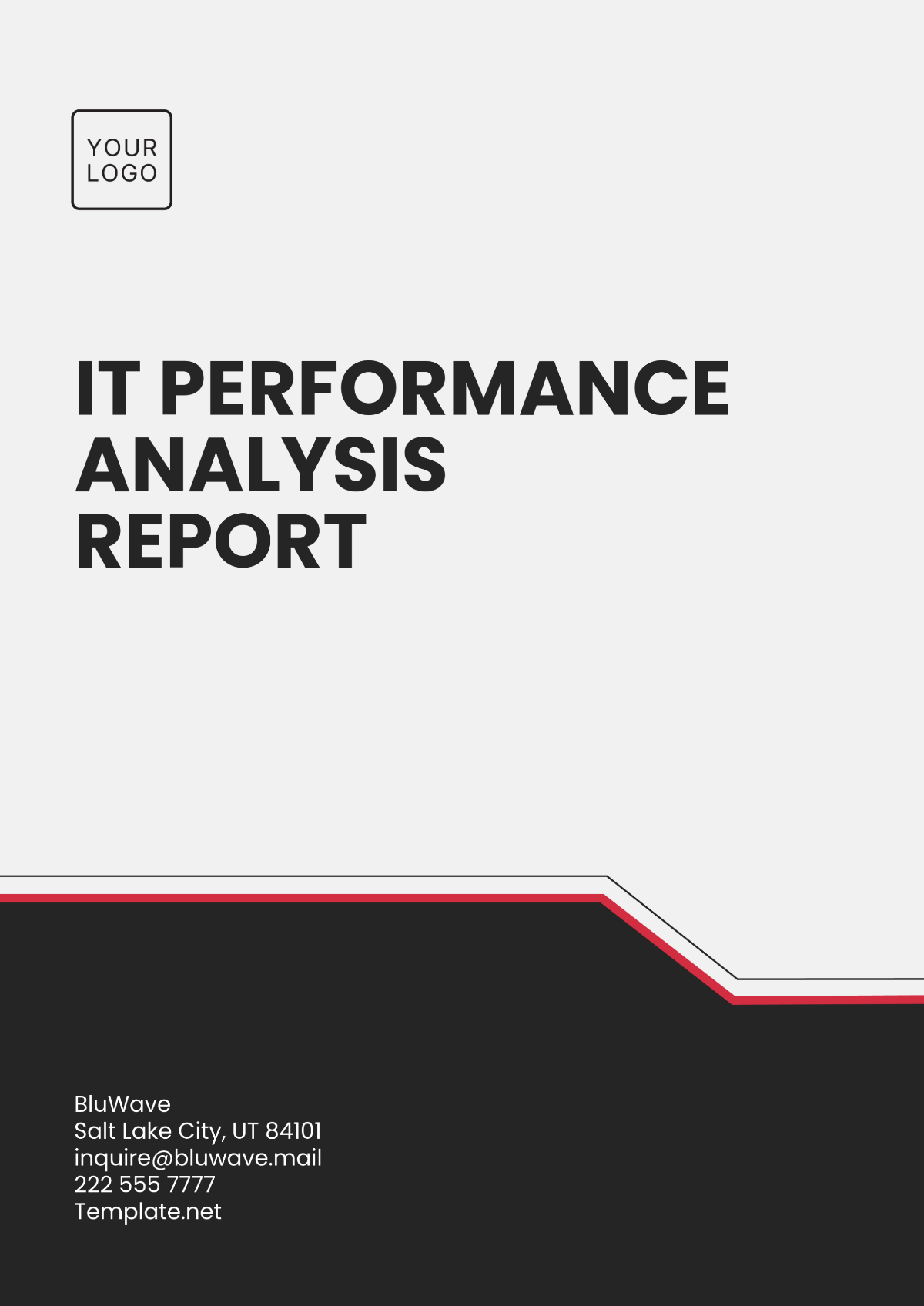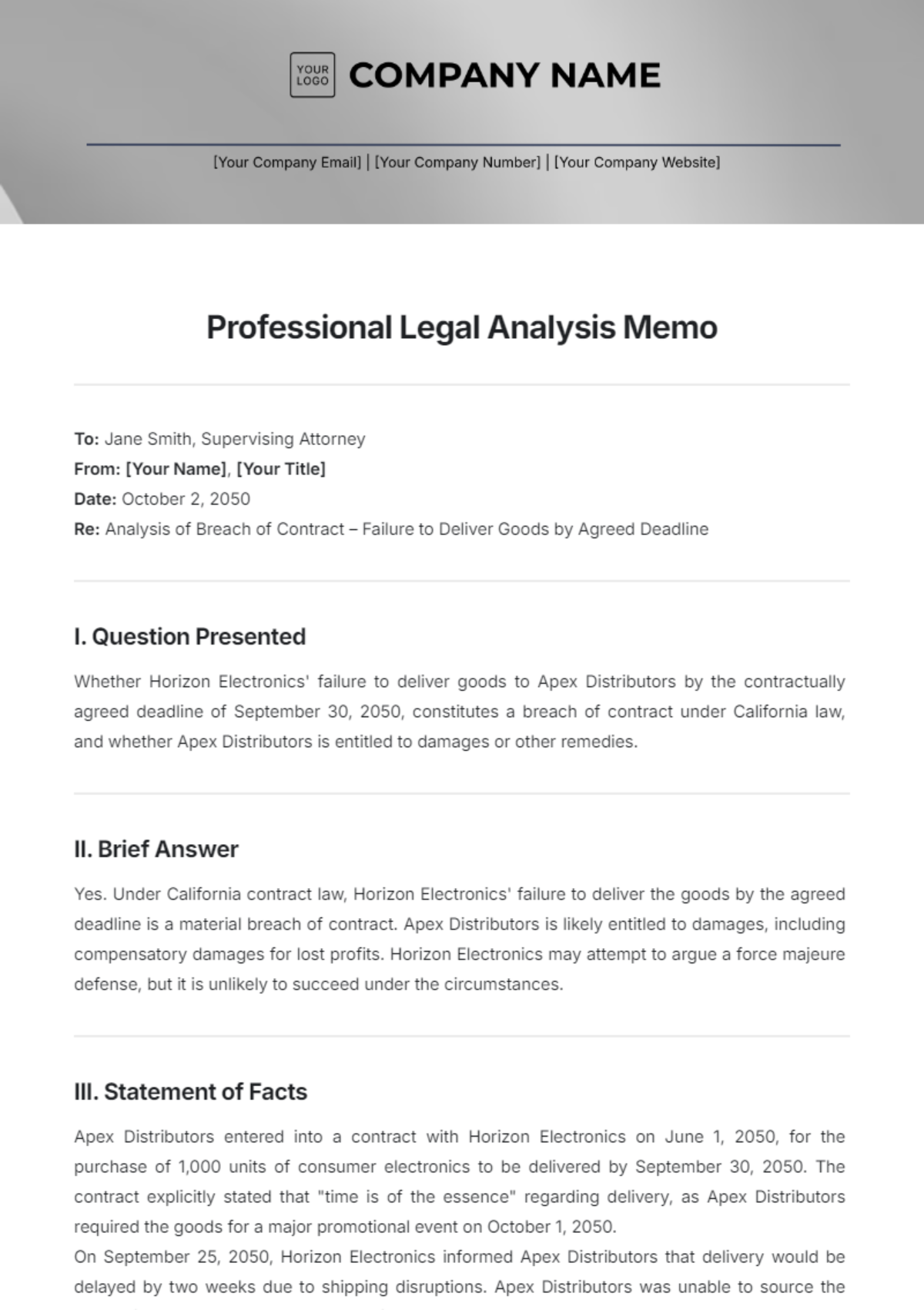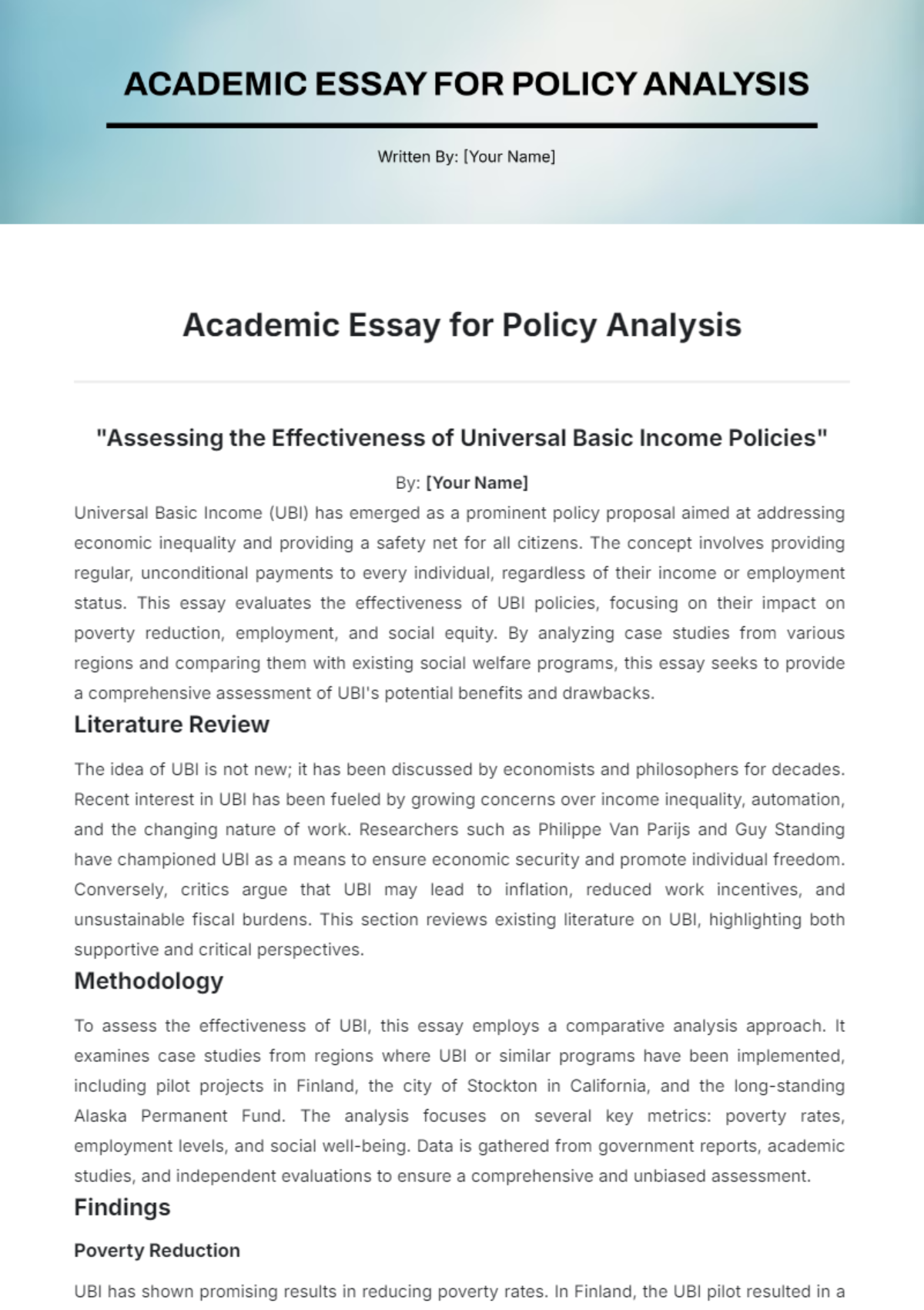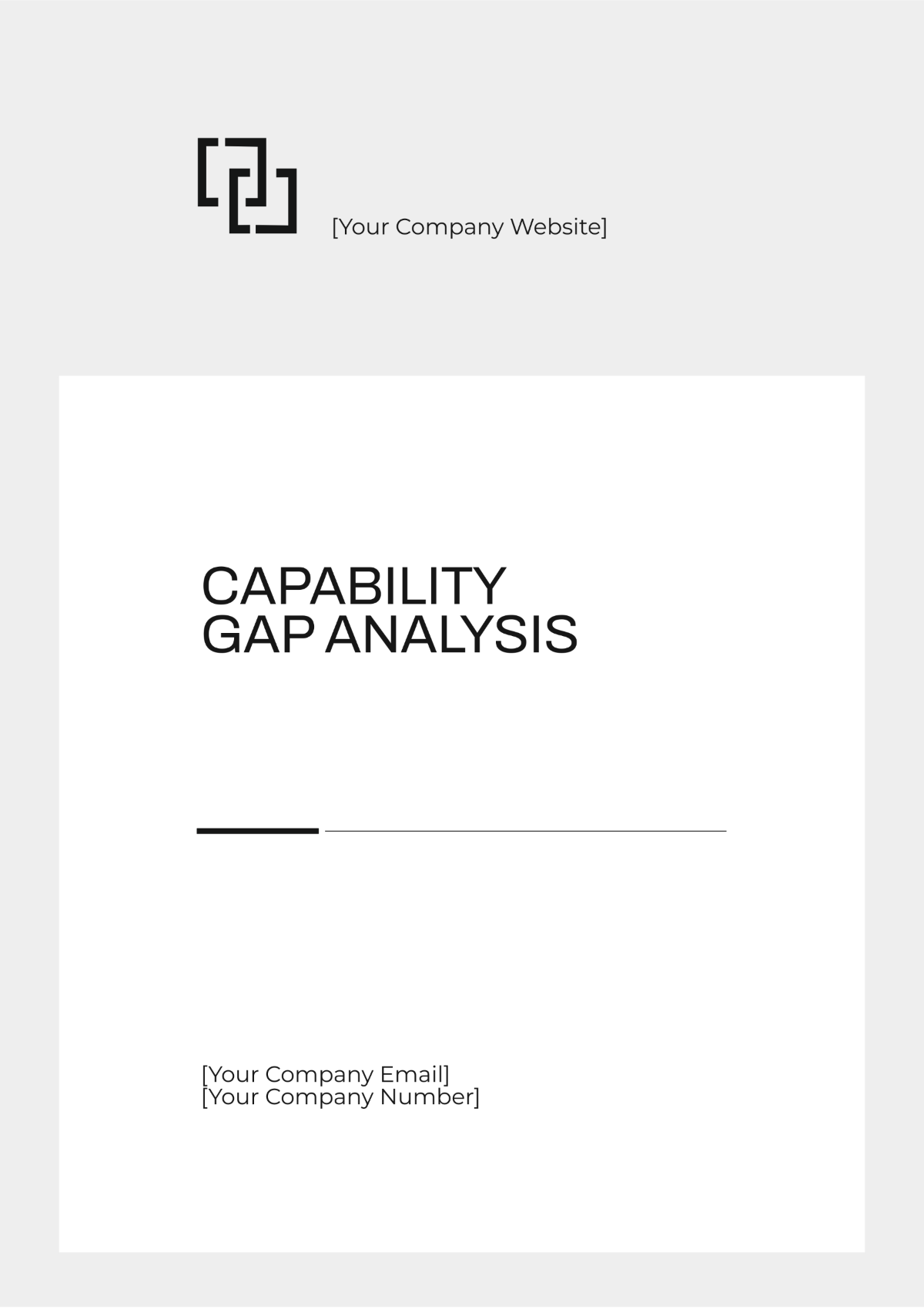Job Analysis Project Specification
Prepared by: [Your Name]
Date: [Date]
I. Introduction
This Job Analysis Project Specification outlines a comprehensive plan to systematically study the job roles within our organization. The primary purpose of this project is to identify and document the key duties, responsibilities, skills, and competencies required for various positions. By undertaking this analysis, we aim to enhance our understanding of job requirements and align our workforce strategy accordingly. This initiative will support informed decision-making in areas such as recruitment, training, performance management, and compliance with labor regulations.
II. Objectives
The key objectives of the job analysis project are as follows:
Identify Key Duties and Responsibilities:
Document the core duties and responsibilities associated with each job role within the organization.Determine Required Skills, Knowledge, and Abilities:
Assess and specify the necessary skills, knowledge, and abilities (KSAs) required for each position.Develop Foundational Job Descriptions:
Establish a basis for creating accurate and detailed job descriptions, performance evaluations, and training programs.Ensure Legal and Regulatory Compliance:
Ensure that all job roles comply with relevant labor laws and regulations, including those related to job classification and employee rights.Support Workforce Planning and Recruitment:
Provide a solid foundation for workforce planning, including identifying skill gaps, planning recruitment strategies, and succession planning.
III. Methodology
The job analysis will employ a mixed-methods approach, incorporating both qualitative and quantitative methods to gather and analyze data. The following steps outline the methodology:
A. Data Collection
Review of Existing Documentation: Examination of current job descriptions, organizational charts, and process documents.
Surveys and Questionnaires: Distribution of surveys and questionnaires to employees and managers to collect information about job roles and responsibilities.
Interviews: Conducting in-depth interviews with subject-matter experts, job incumbents, and supervisors to gather detailed insights.
Observations and Job Shadowing: Observing employees in their work environment and job shadowing to gain firsthand understanding of job tasks and workflows.
B. Data Analysis
Content Analysis: Analyzing qualitative data to identify common themes, patterns, and discrepancies.
Job-Task Analysis: Breaking down each job role into specific tasks and responsibilities to understand the intricacies of each position.
Competency Gap Analysis: Identifying areas where current skills and abilities may need enhancement to meet organizational needs.
C. Validation
Stakeholder Review: Presenting preliminary findings to relevant stakeholders for feedback and validation, ensuring accuracy and relevance.
IV. Deliverables
The project will produce the following deliverables:
Deliverable | Description |
|---|---|
Job Analysis Report | A comprehensive report detailing the findings of the job analysis, including key duties, responsibilities, required skills, and competencies for each job role. |
Job Descriptions | Updated job descriptions for each role reflecting the analysis findings. |
Competency Framework | A framework outlining the required competencies for different job roles within the organization. |
Recommendations | Actionable recommendations for addressing identified gaps and improving job role clarity and effectiveness. |
V. Timeline
The project will be completed within a span of six months. The major milestones are as follows:
Timeline | Milestones |
|---|---|
Week 1-4 | Project Initiation and Data Collection |
Week 5-8 | Data Analysis |
Week 9-12 | Drafting Job Analysis Report and Job Descriptions |
Week 13-16 | Validation Meetings and Stakeholder Review |
Week 17-20 | Finalization of Deliverables |
Week 21-24 | Presentation of Findings and Recommendations |
VI. Resources
The following resources will be required to execute this project:
Project Team: Comprising HR specialists, job analysts, and subject-matter experts.
Software Tools: Data collection and analysis tools such as survey software, statistical analysis programs, and document management systems.
Meeting Facilities: For conducting interviews, focus groups, and validation meetings.
VII. Responsibilities
The responsibilities of the project team members are as follows:
Role | Responsibility |
|---|---|
Project Manager | Overall project planning, coordination, and supervision. |
HR Specialist | Conducting surveys, interviews, and data analysis. |
Job Analyst | Documenting job roles and creating the competency framework. |
Subject-Matter Expert | Providing insights and validation of job role information. |
VIII. Limitations
The project may encounter the following limitations:
Employee Participation: Limited participation or feedback from employees may affect the accuracy and completeness of the analysis.
Time Constraints: Tight deadlines may impact the depth of the job analysis and the comprehensiveness of the data collected.
Data Accuracy: Reliance on existing documentation and self-reported information may introduce biases or inaccuracies.
IX. Appendices
The following supporting documents are included in the appendices:
Appendix A: Survey Questionnaires
Appendix B: Interview Guides
Appendix C: Sample Job Descriptions
